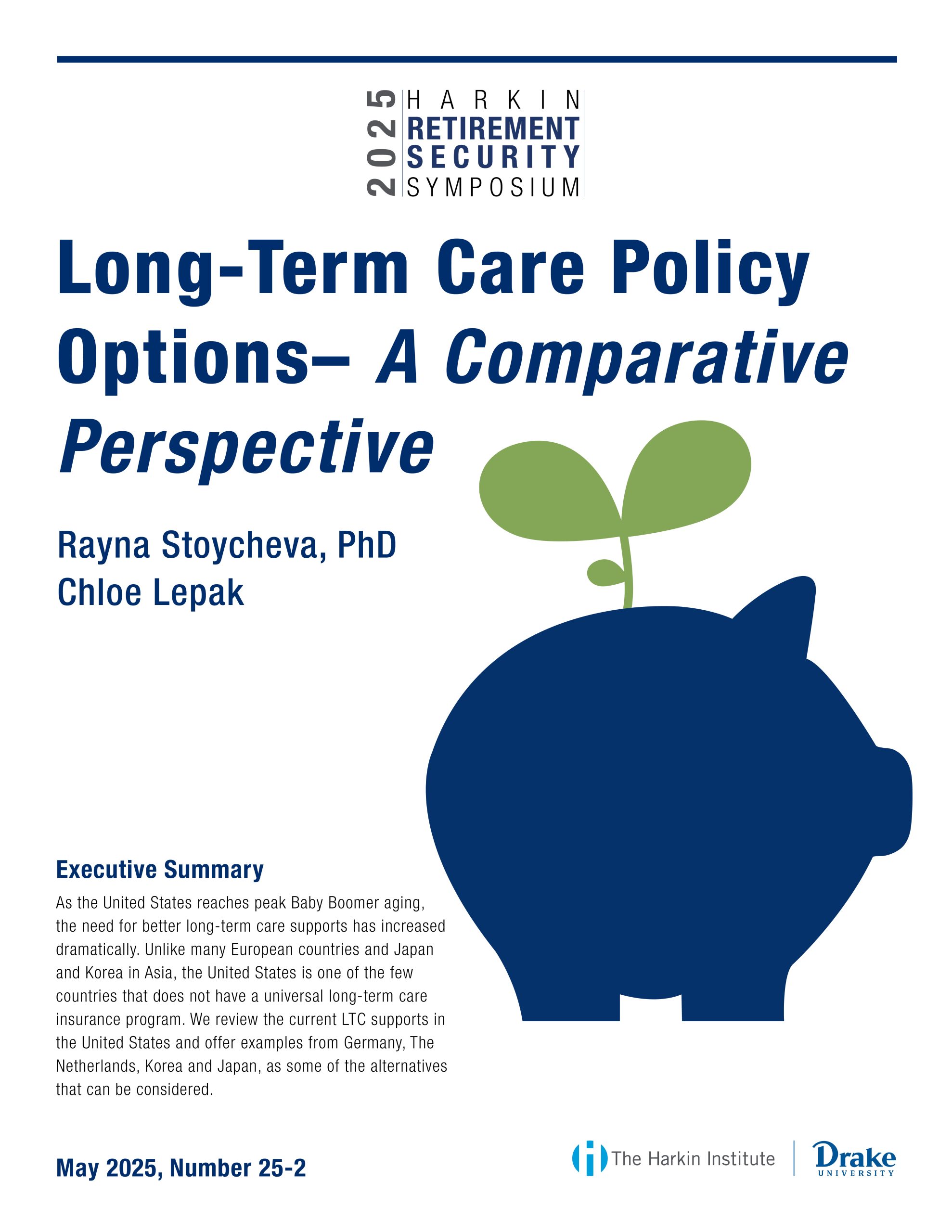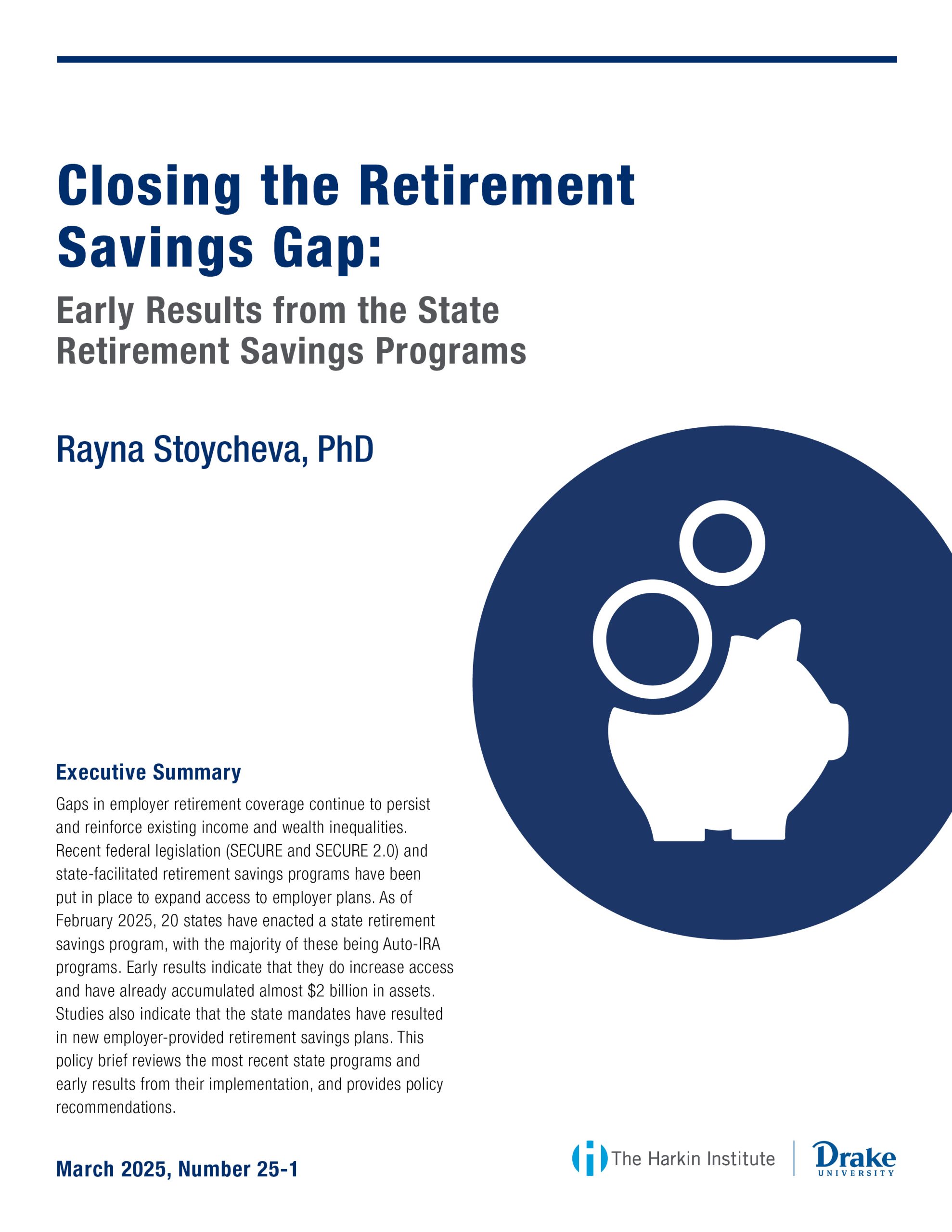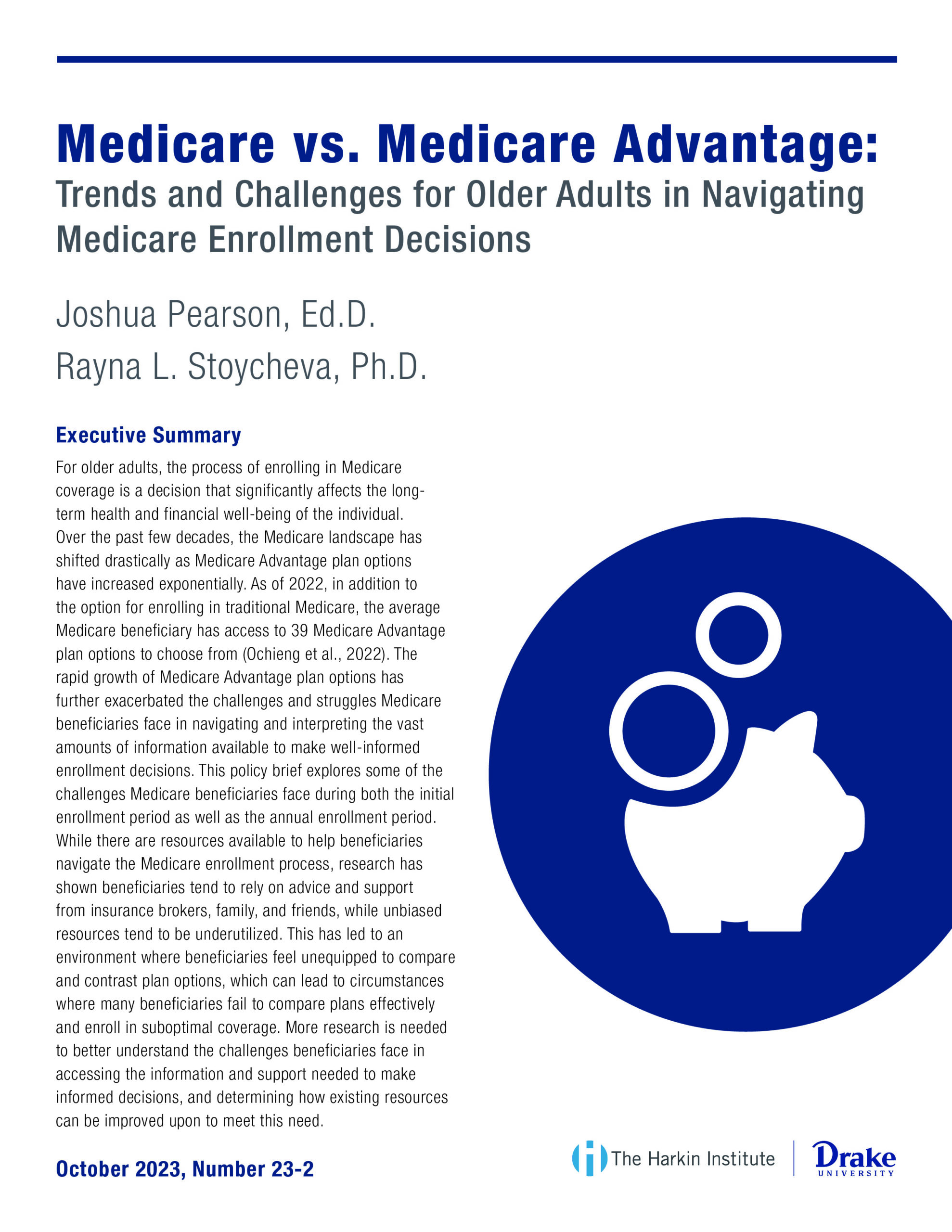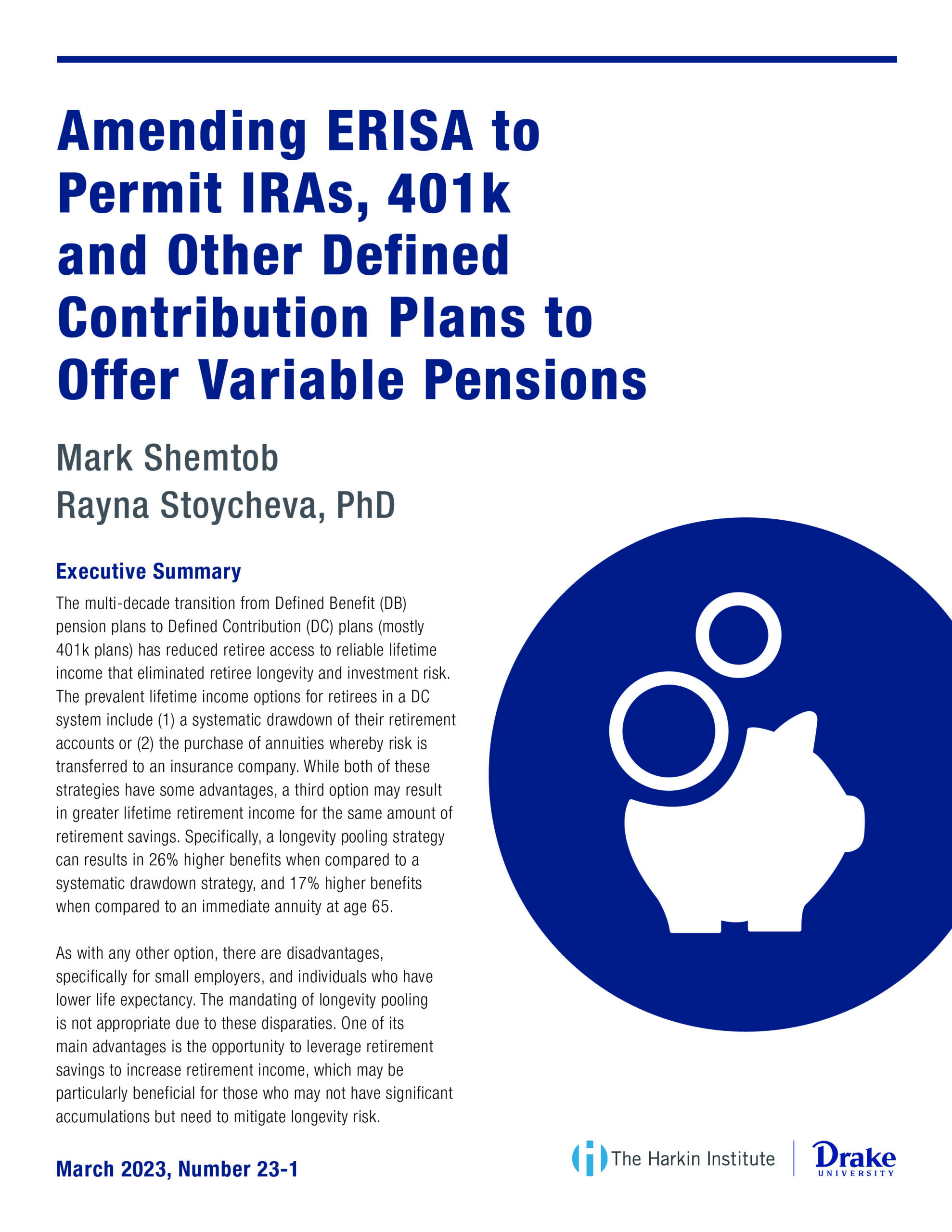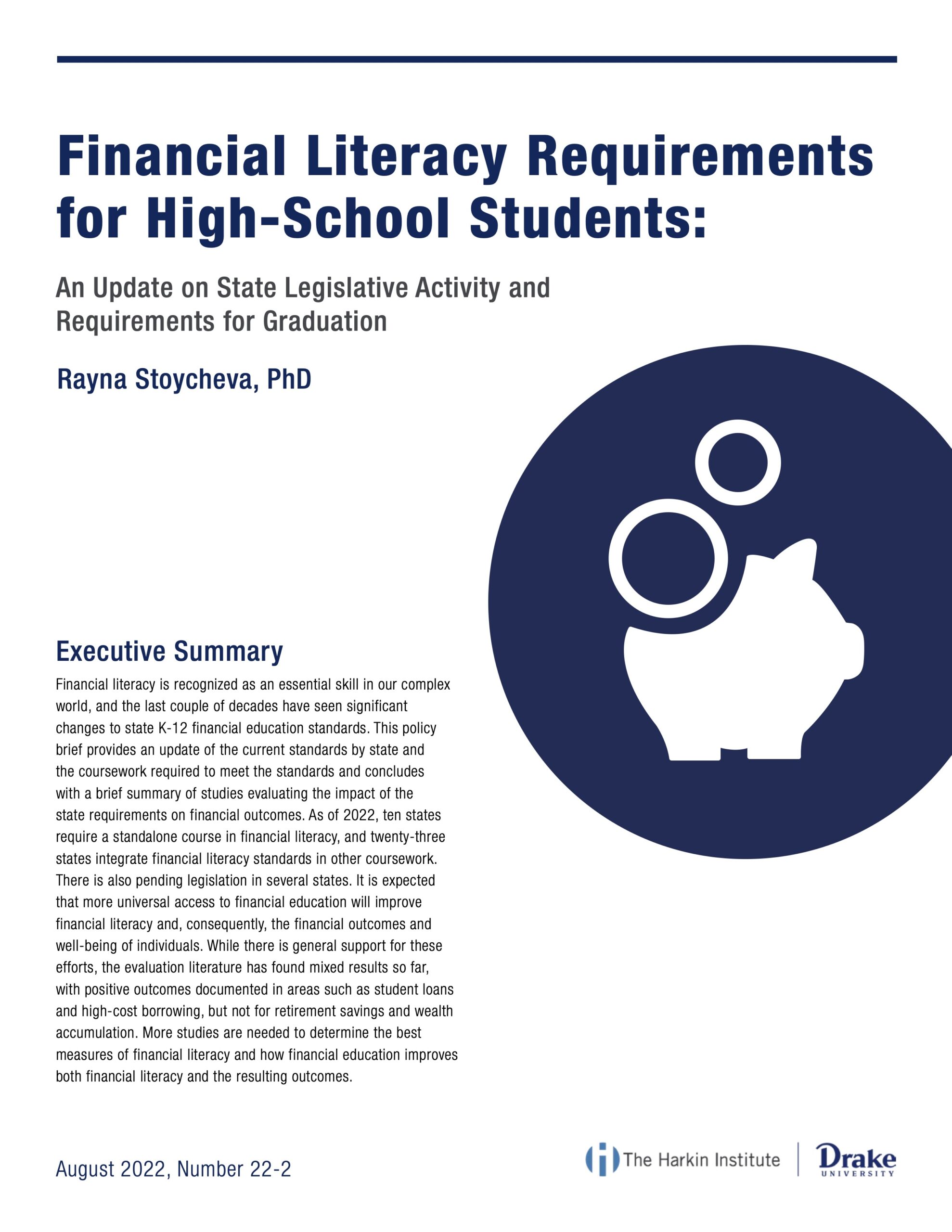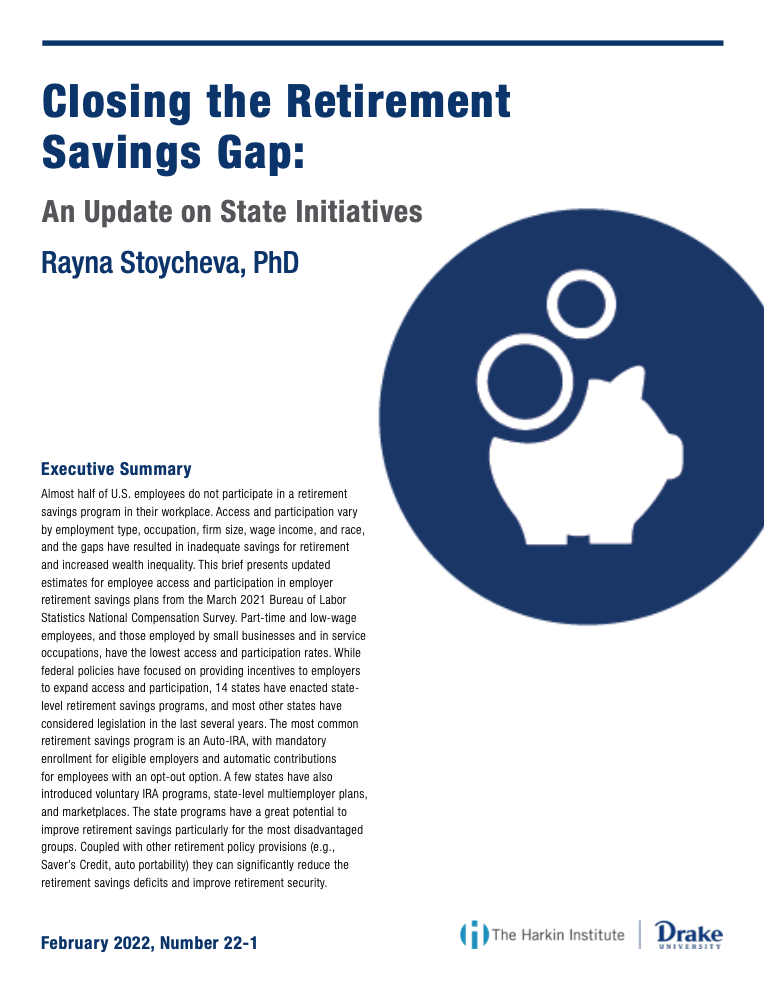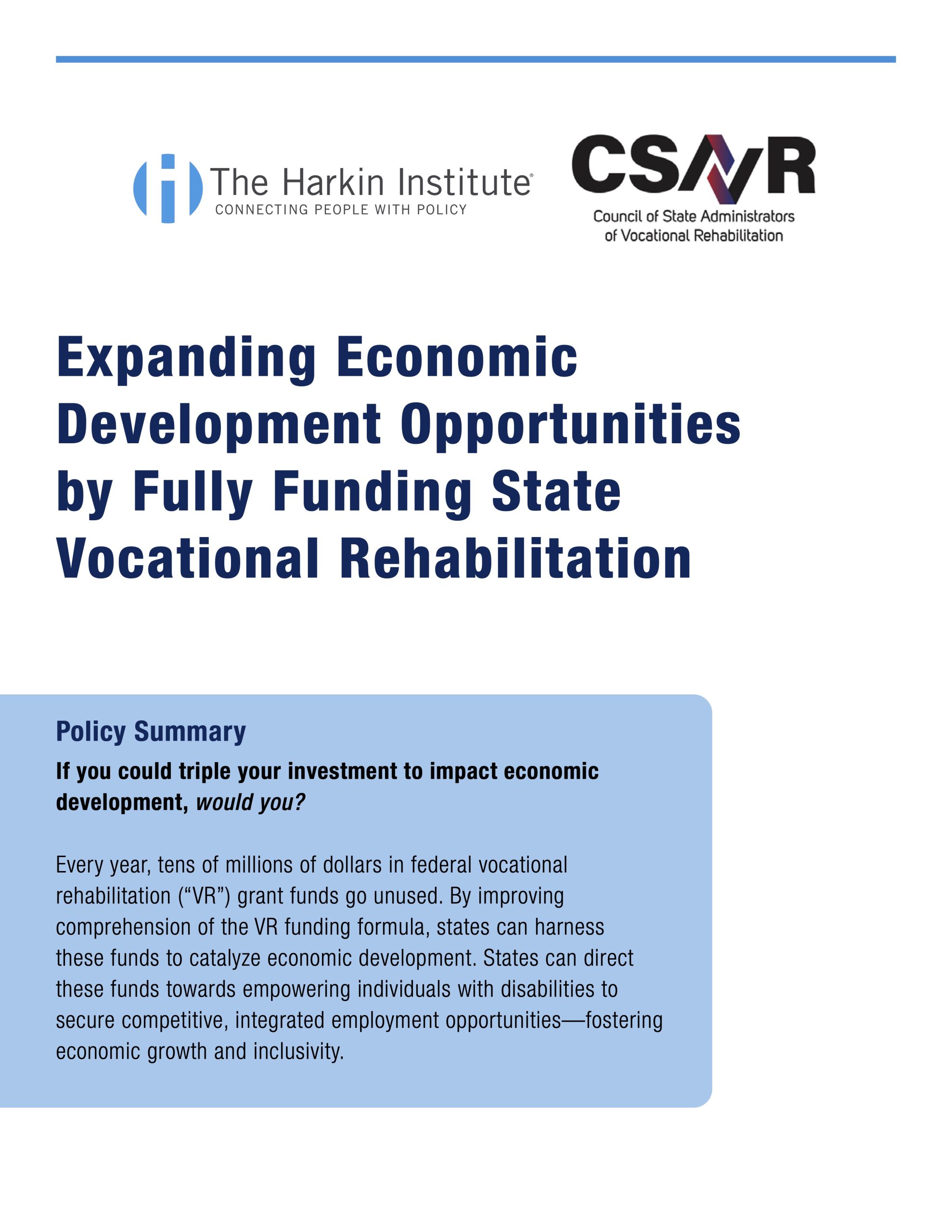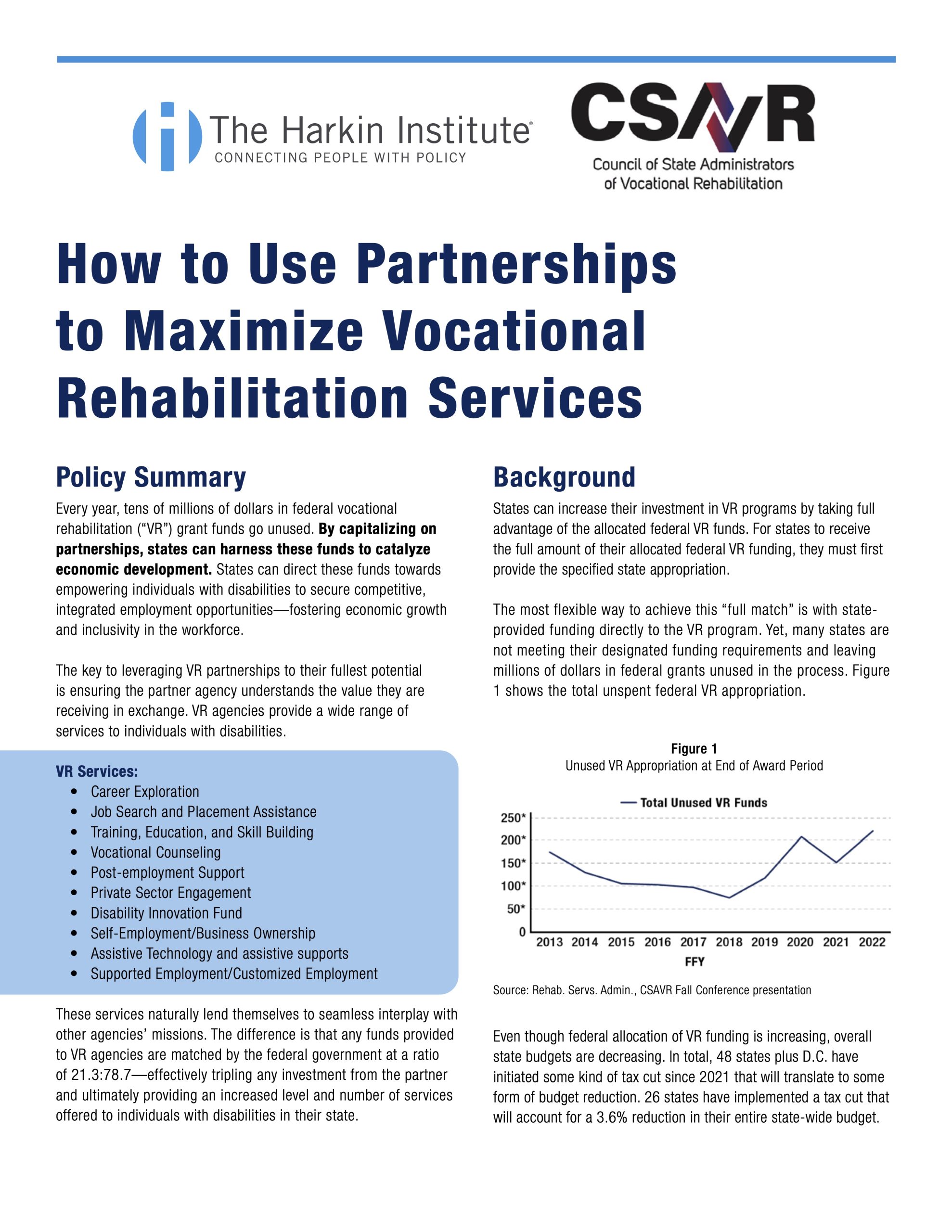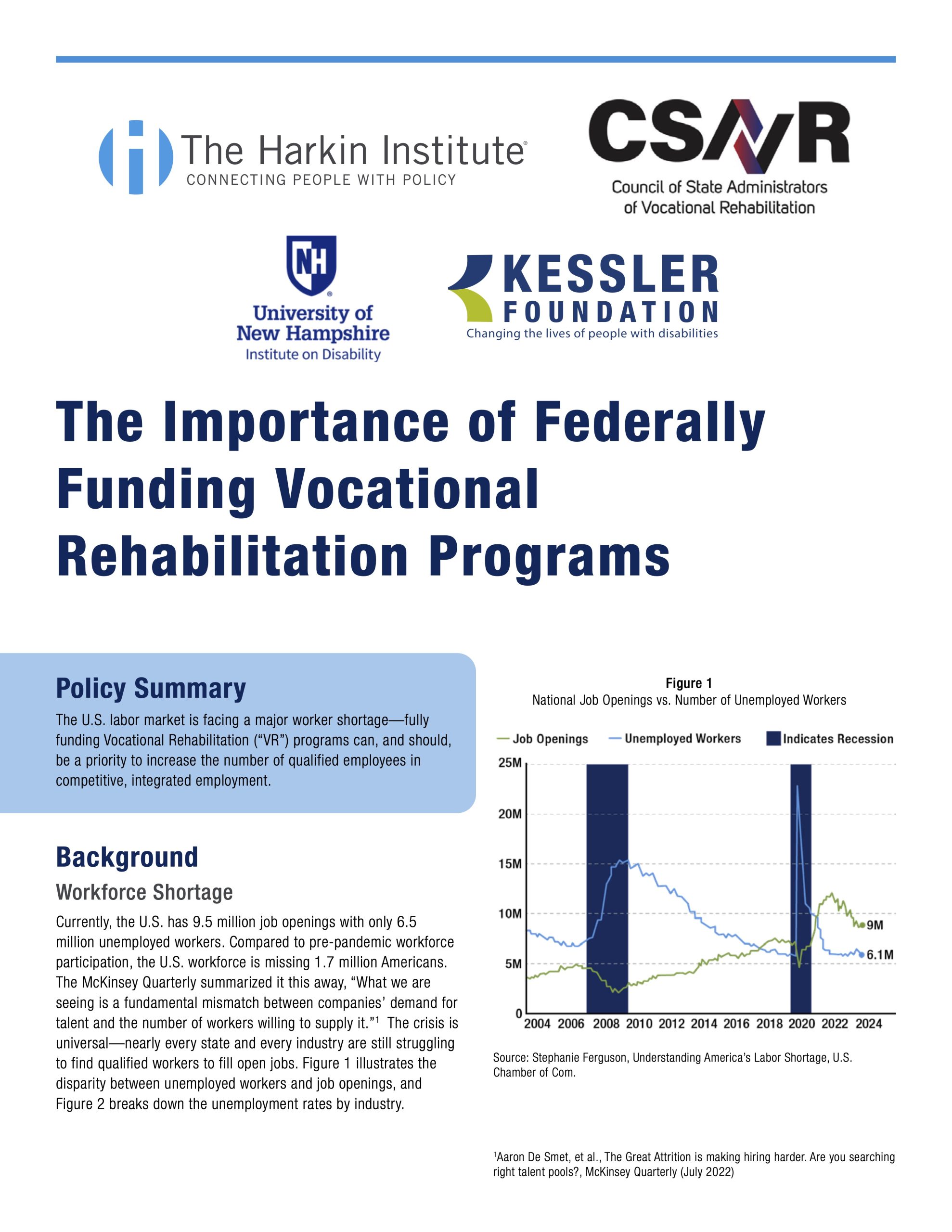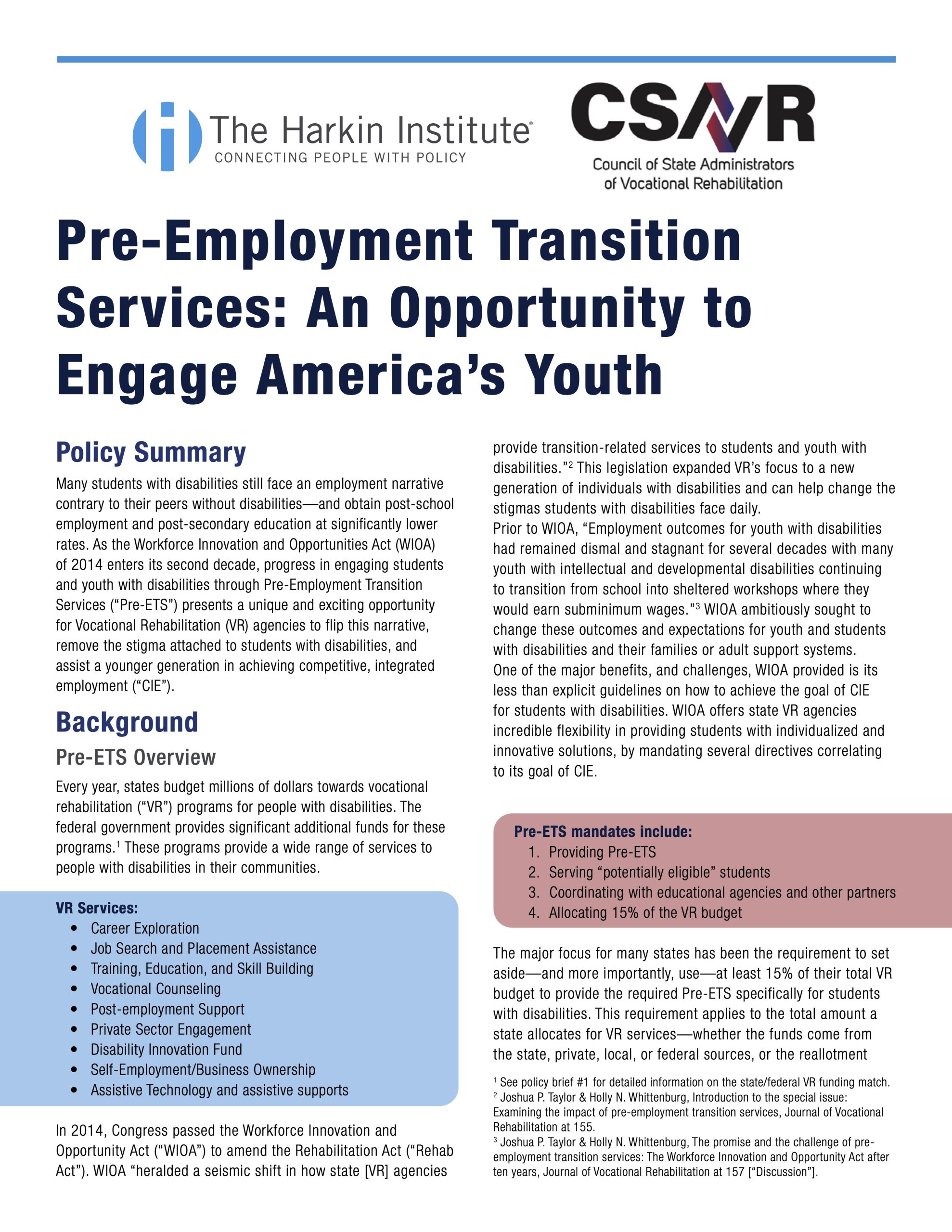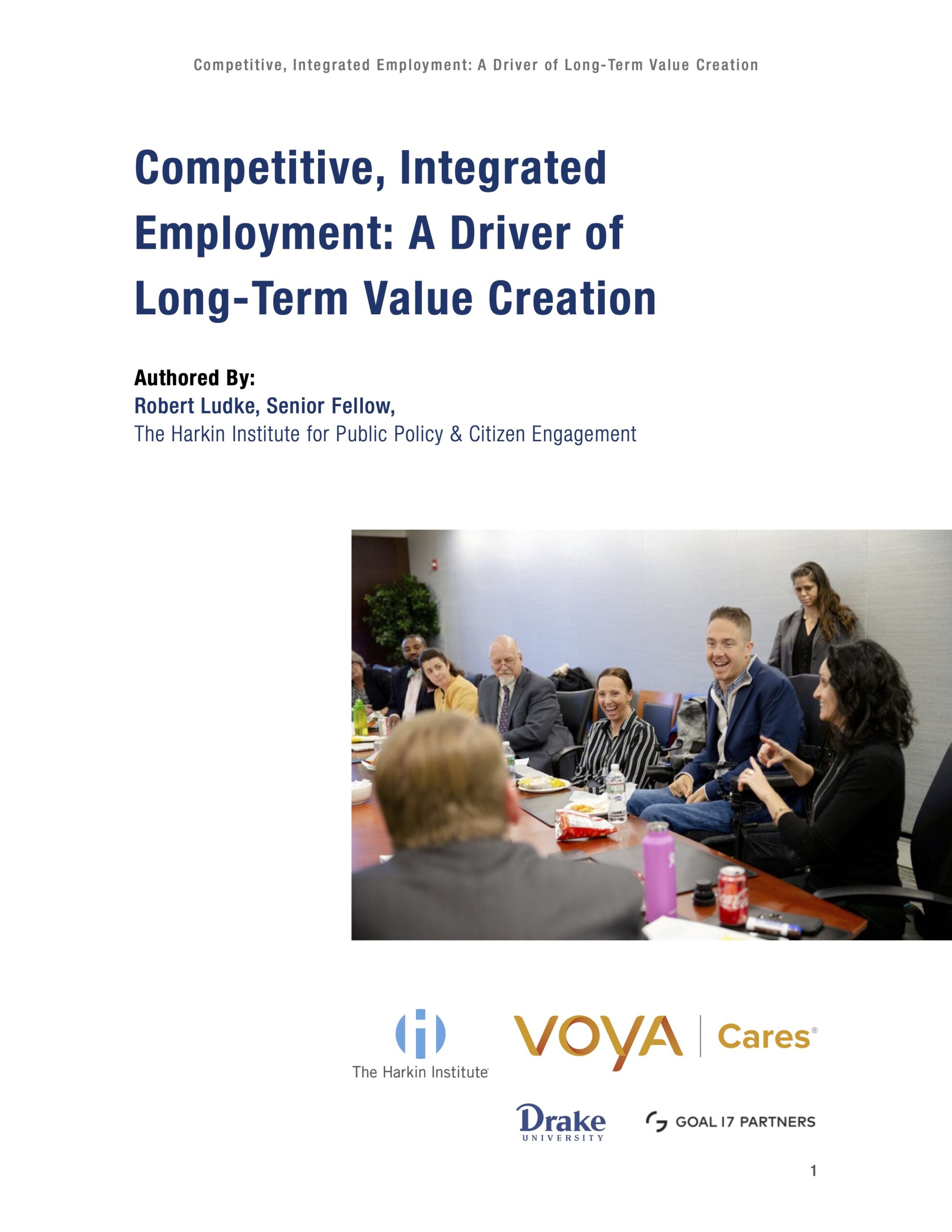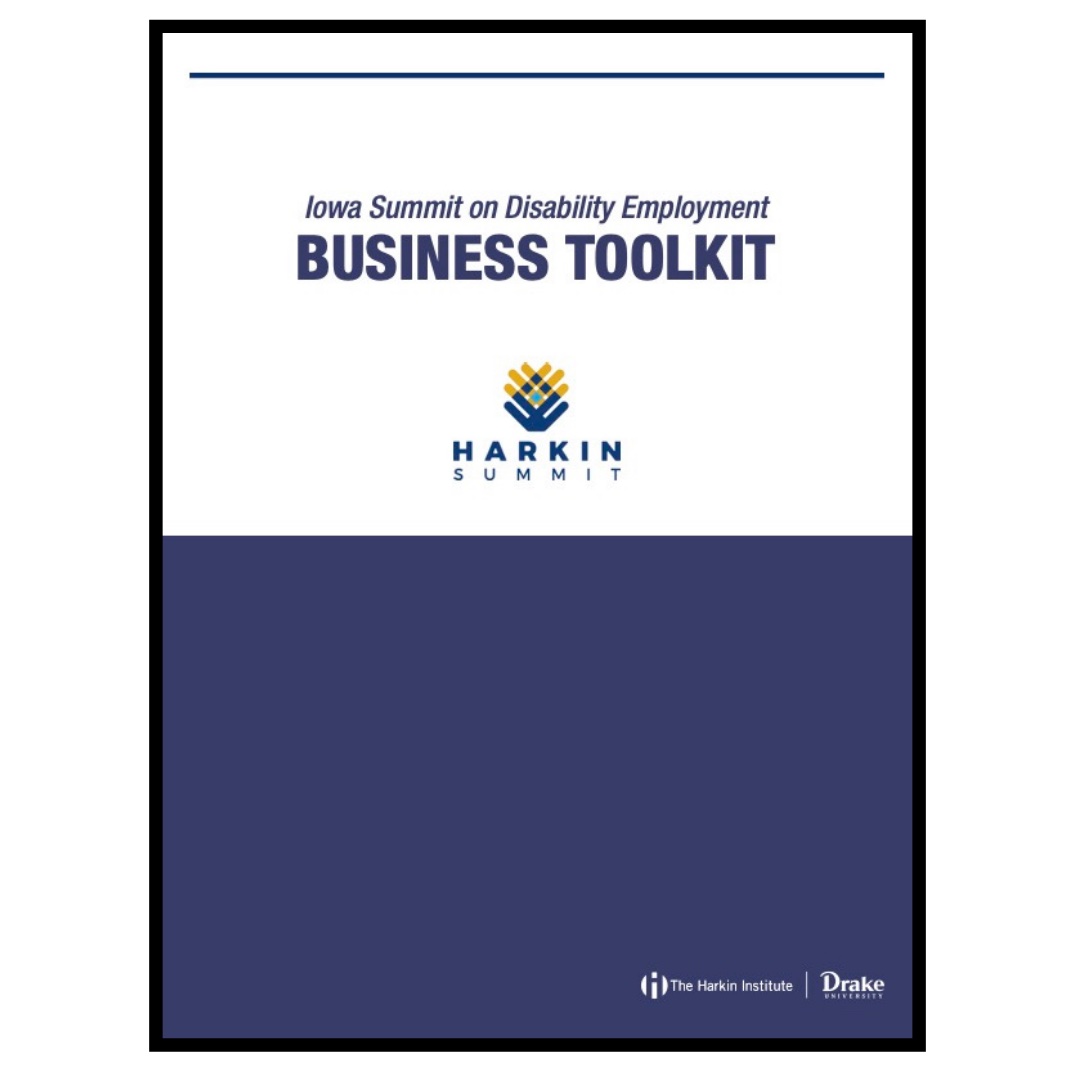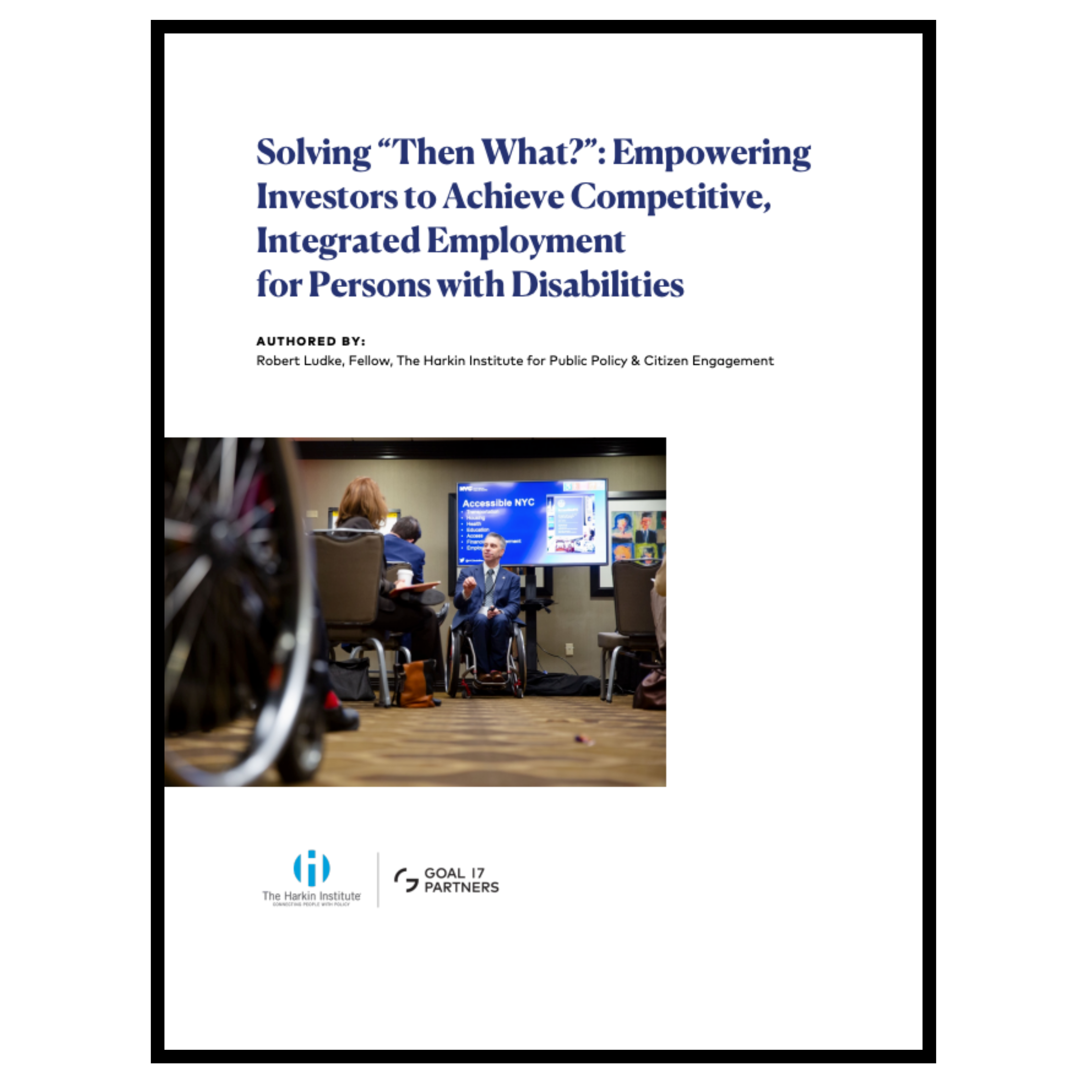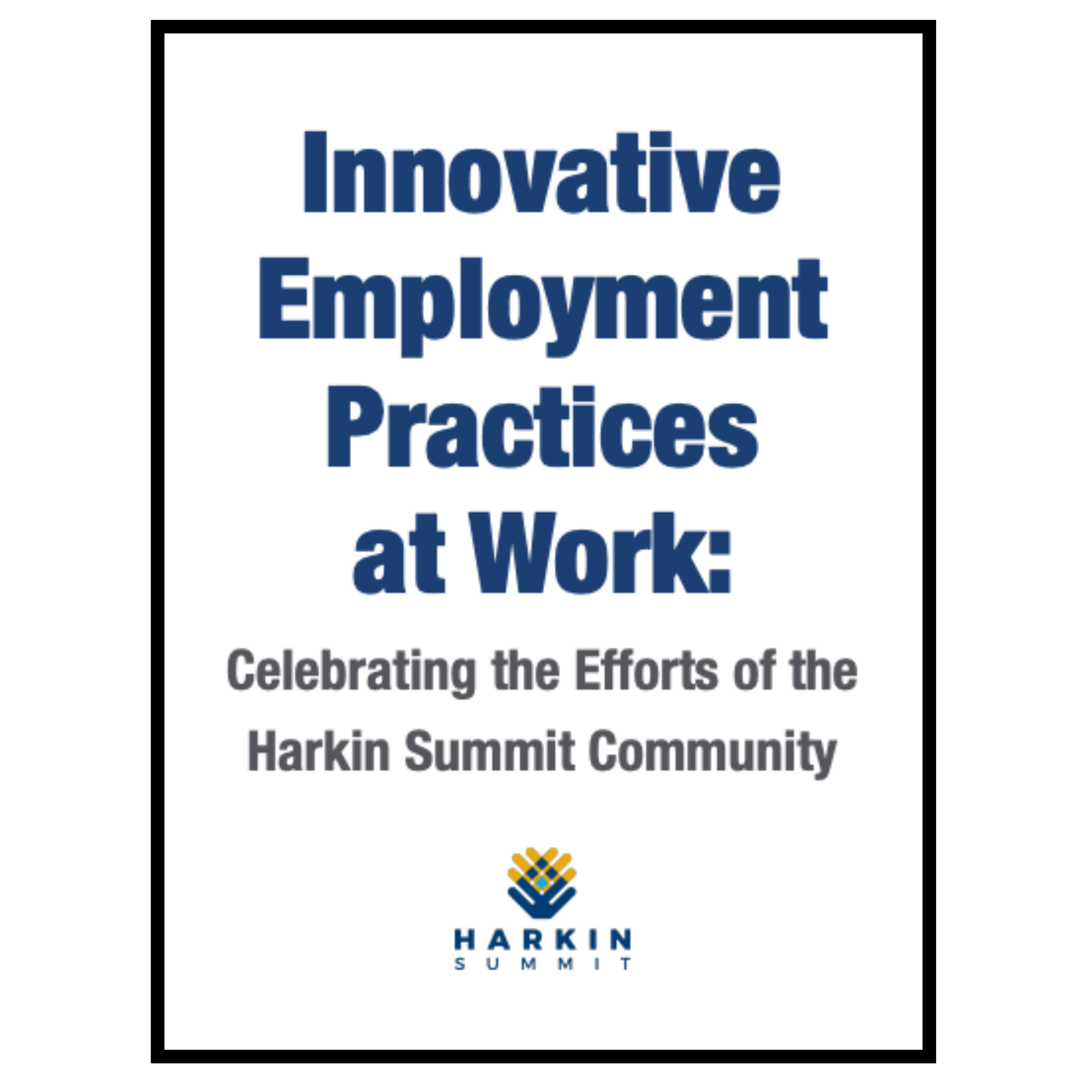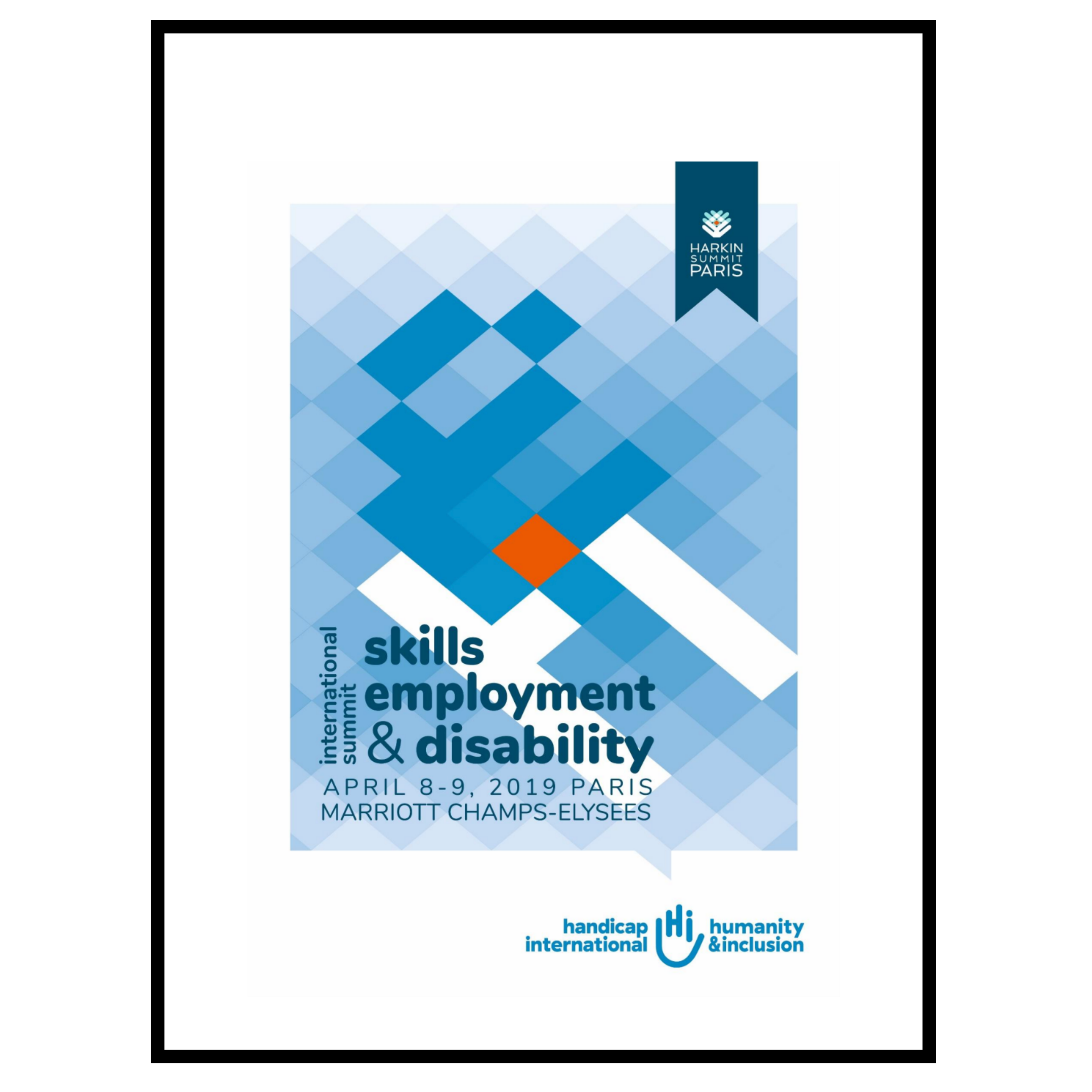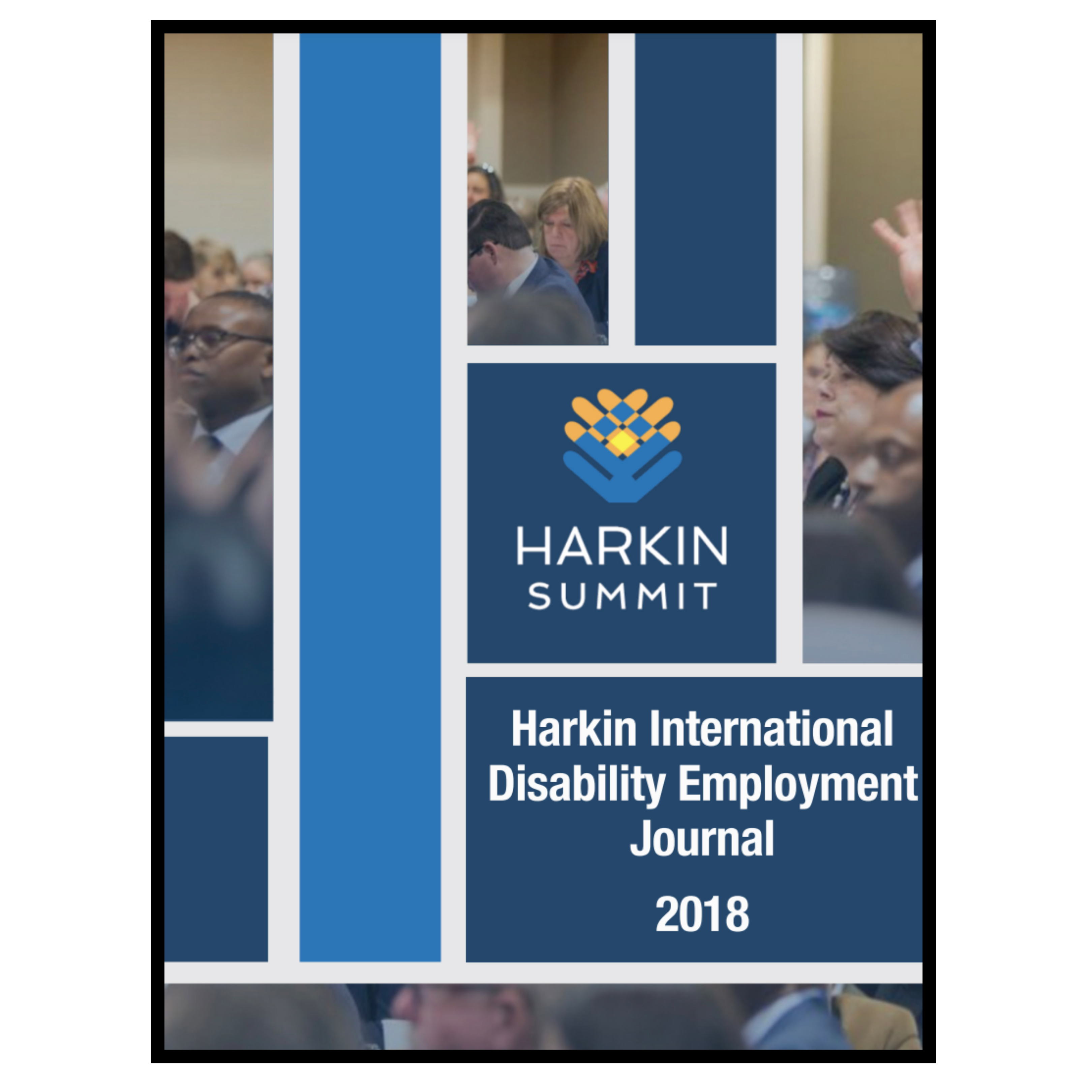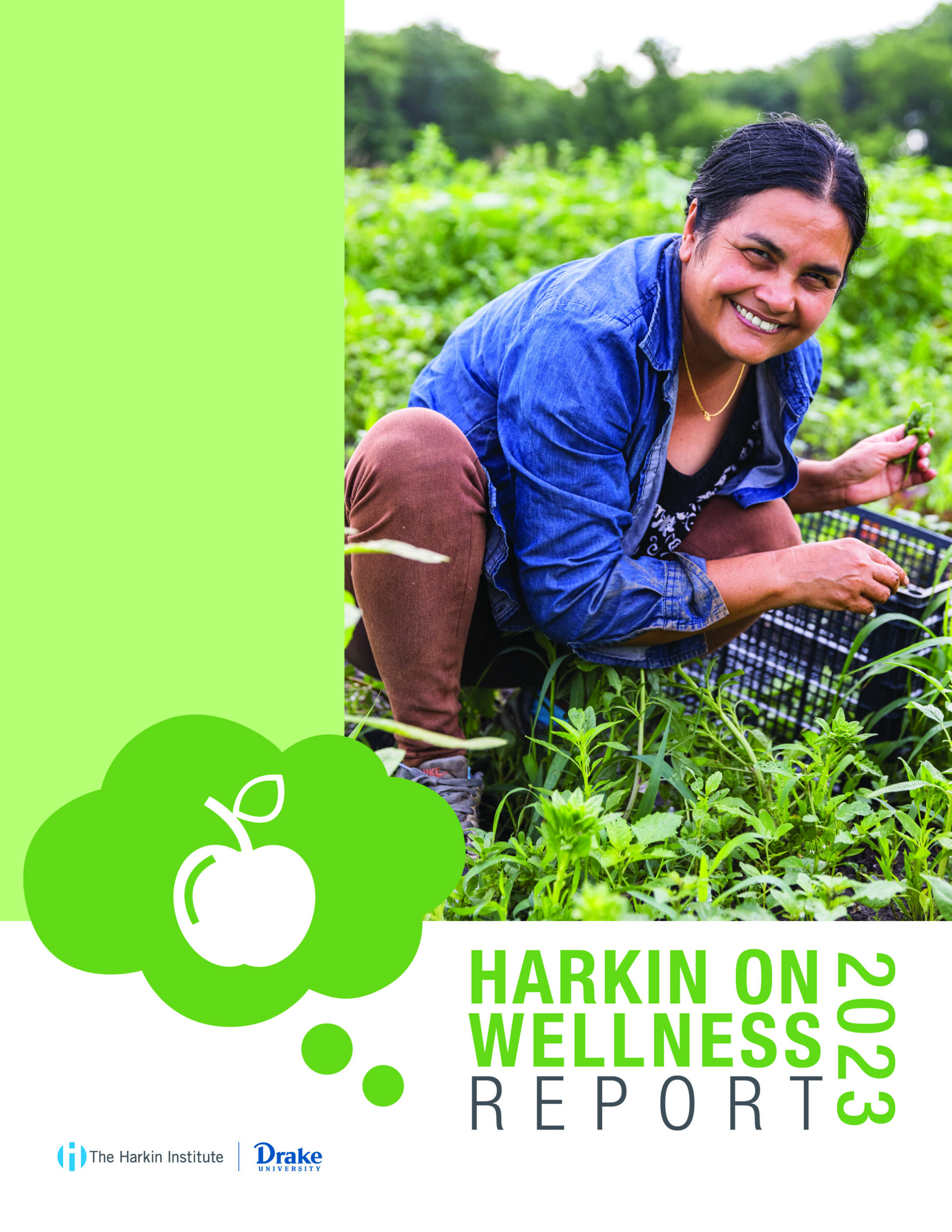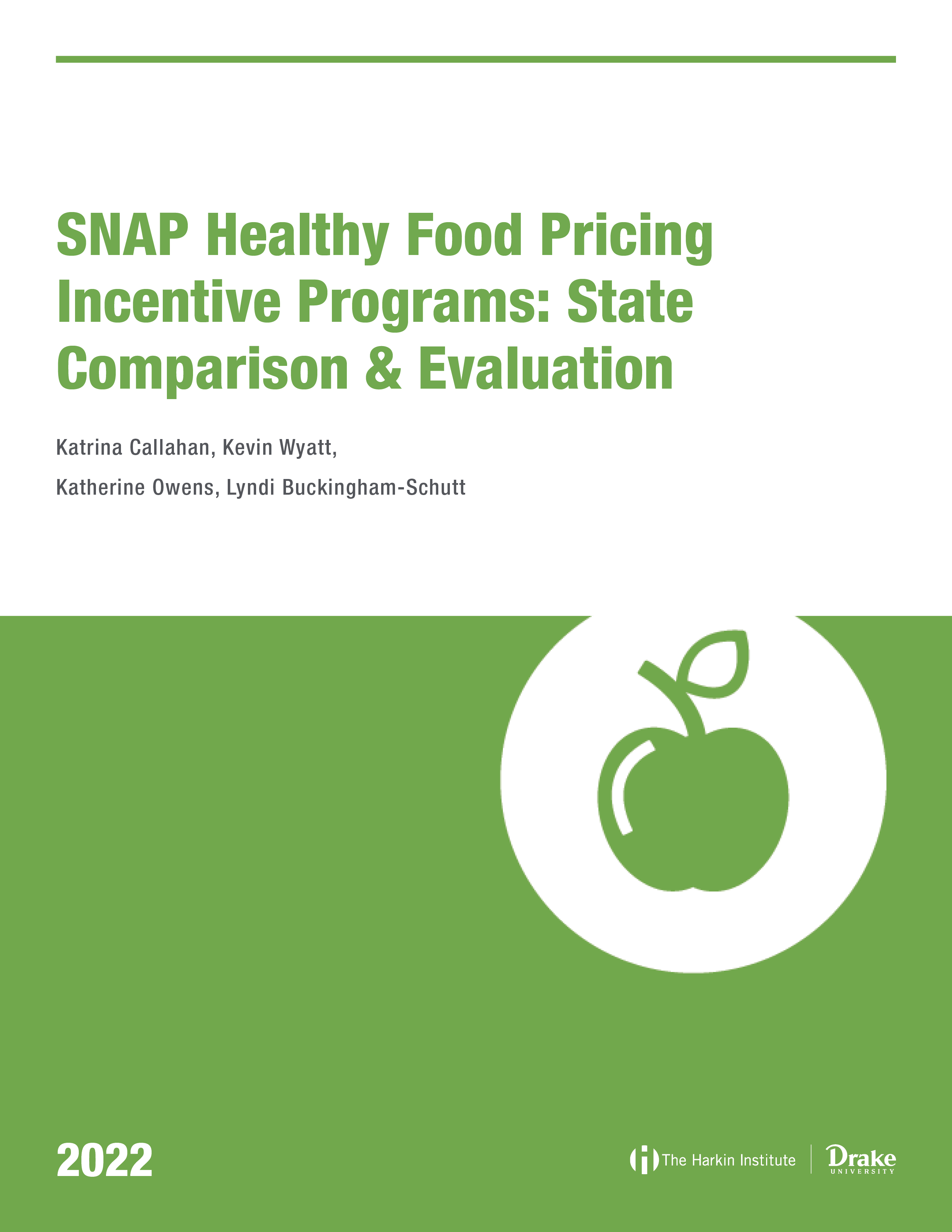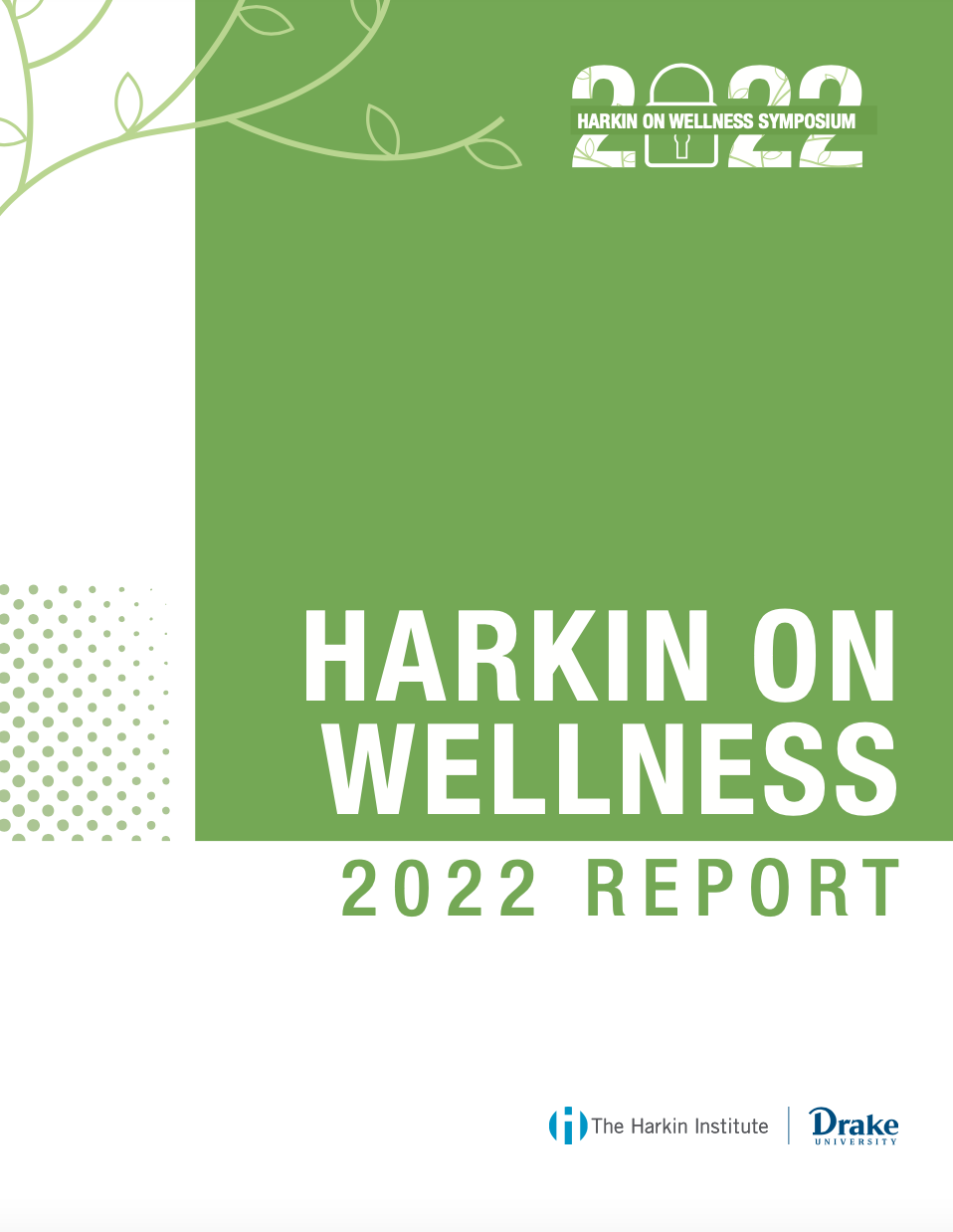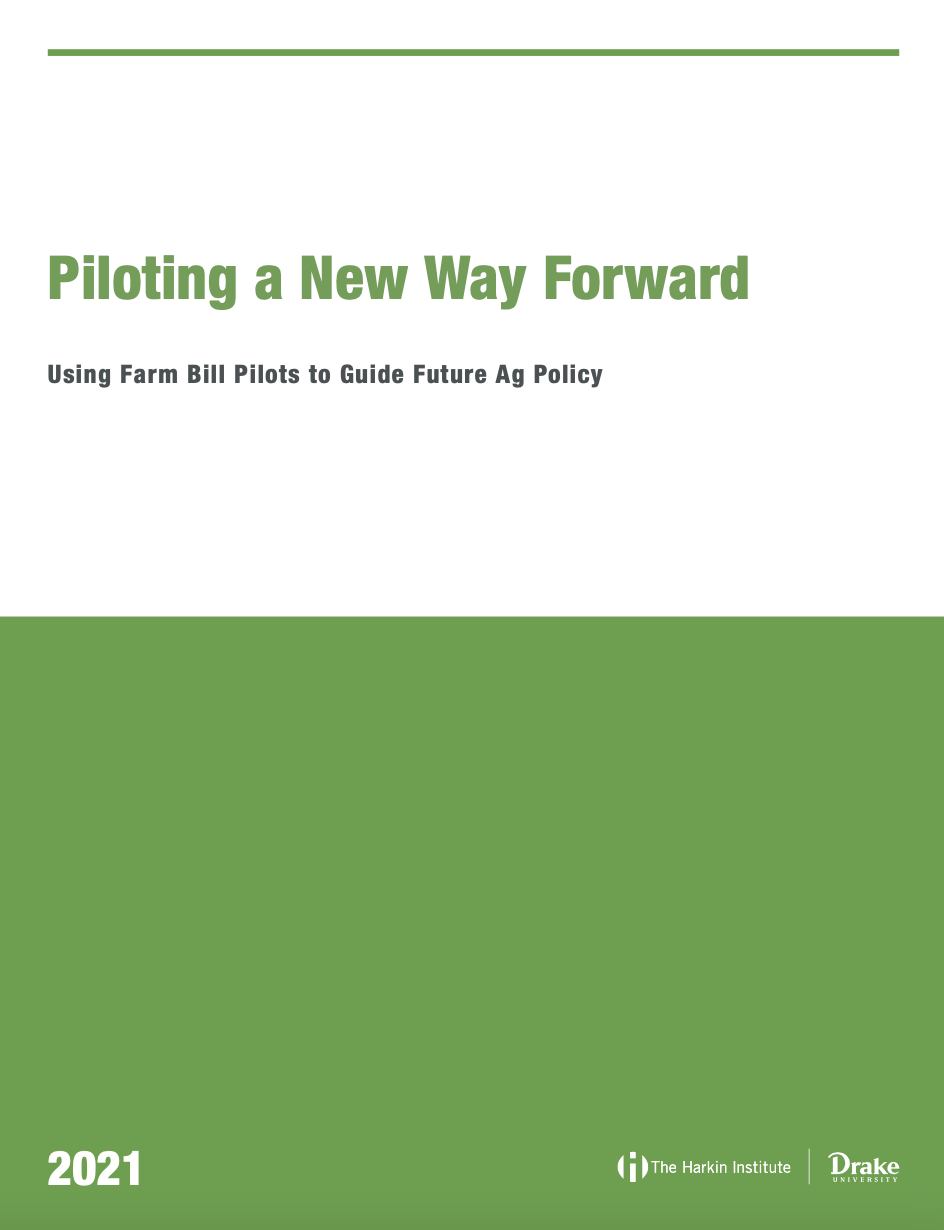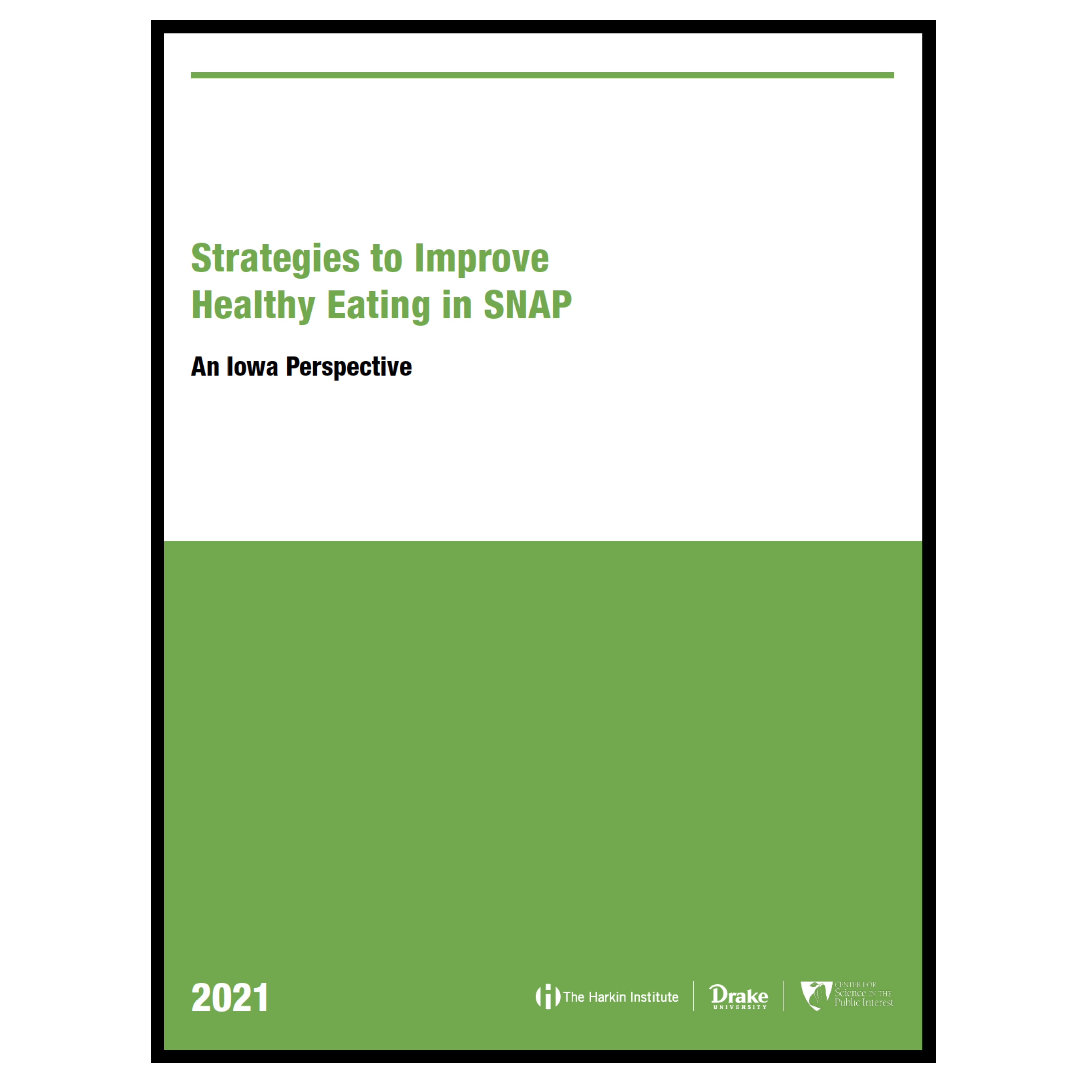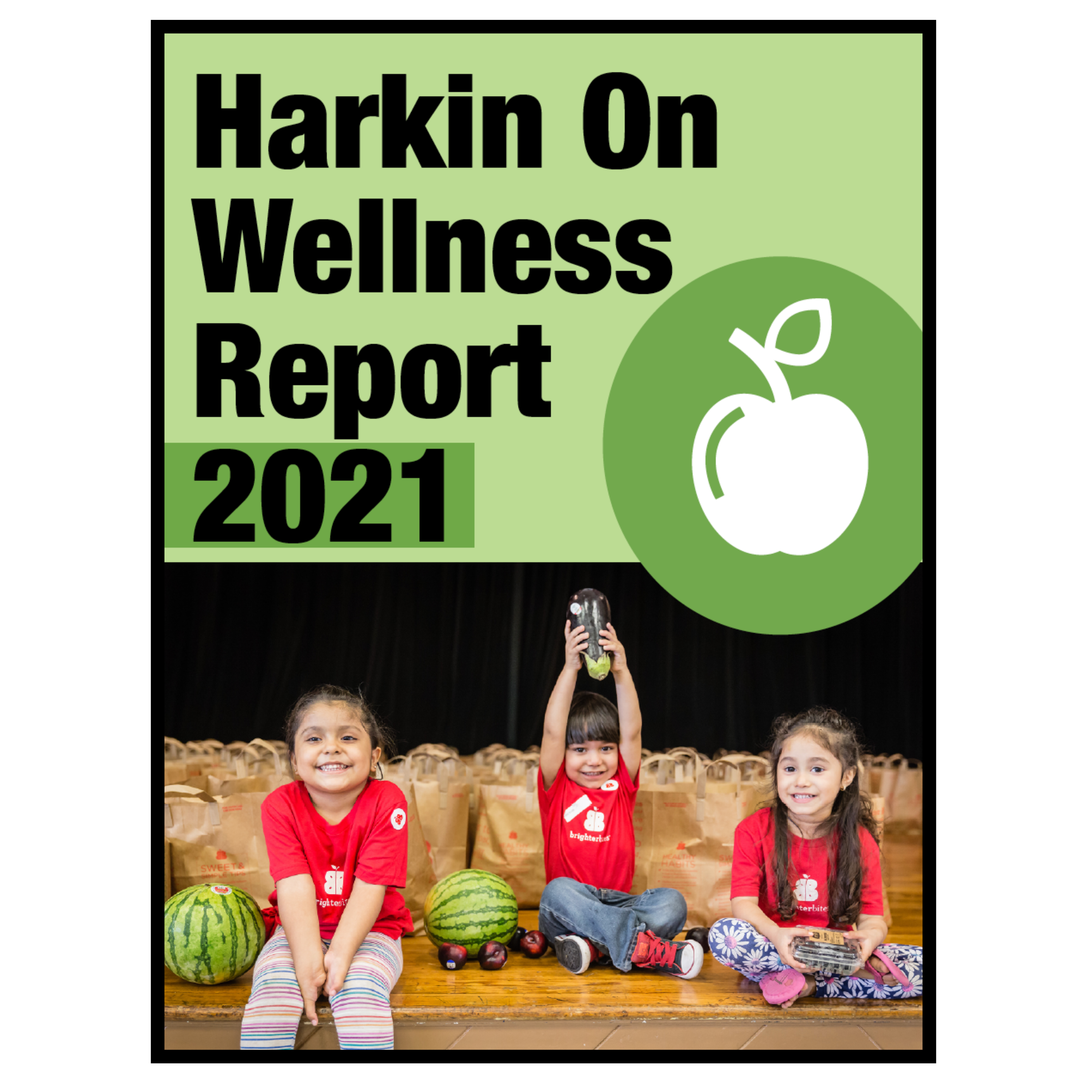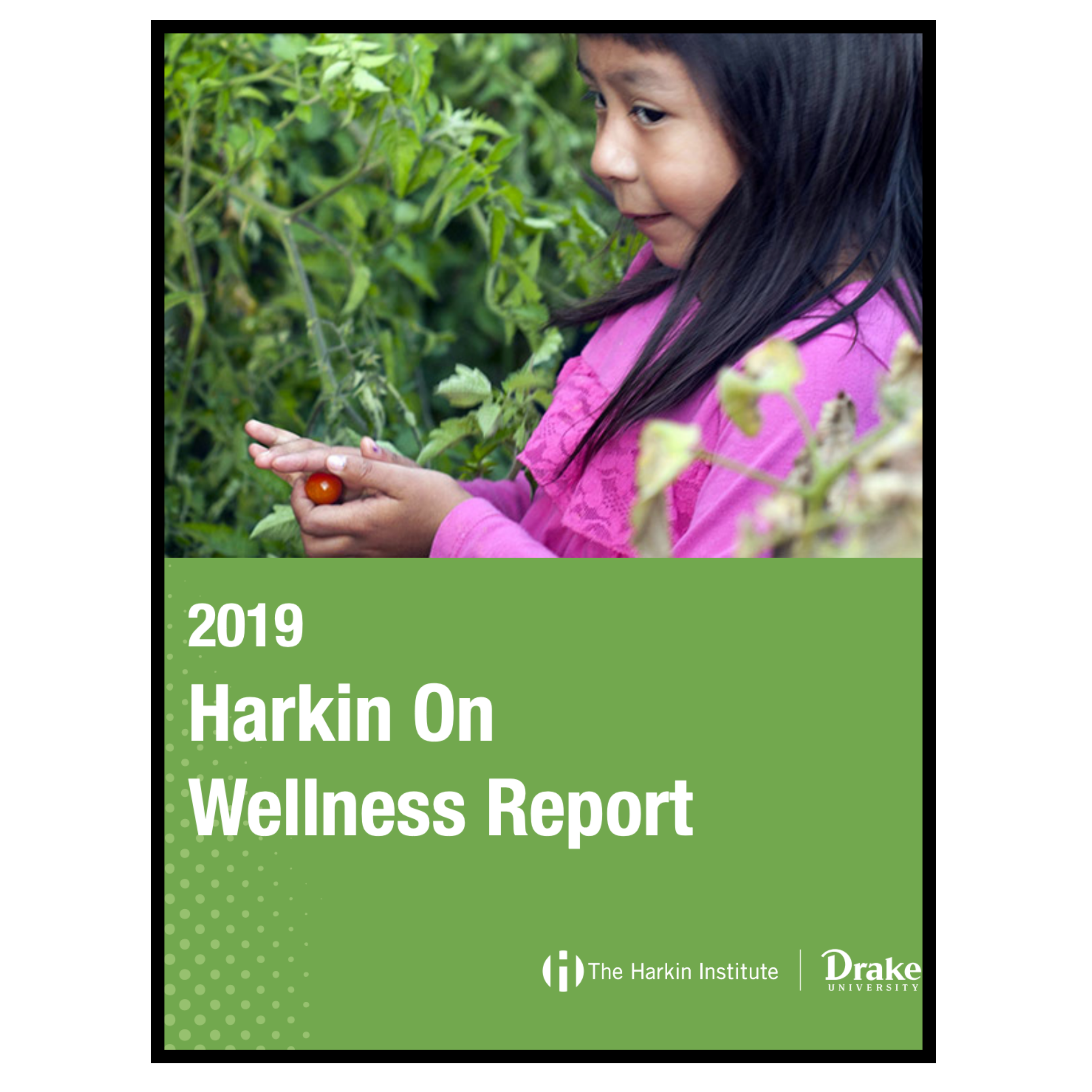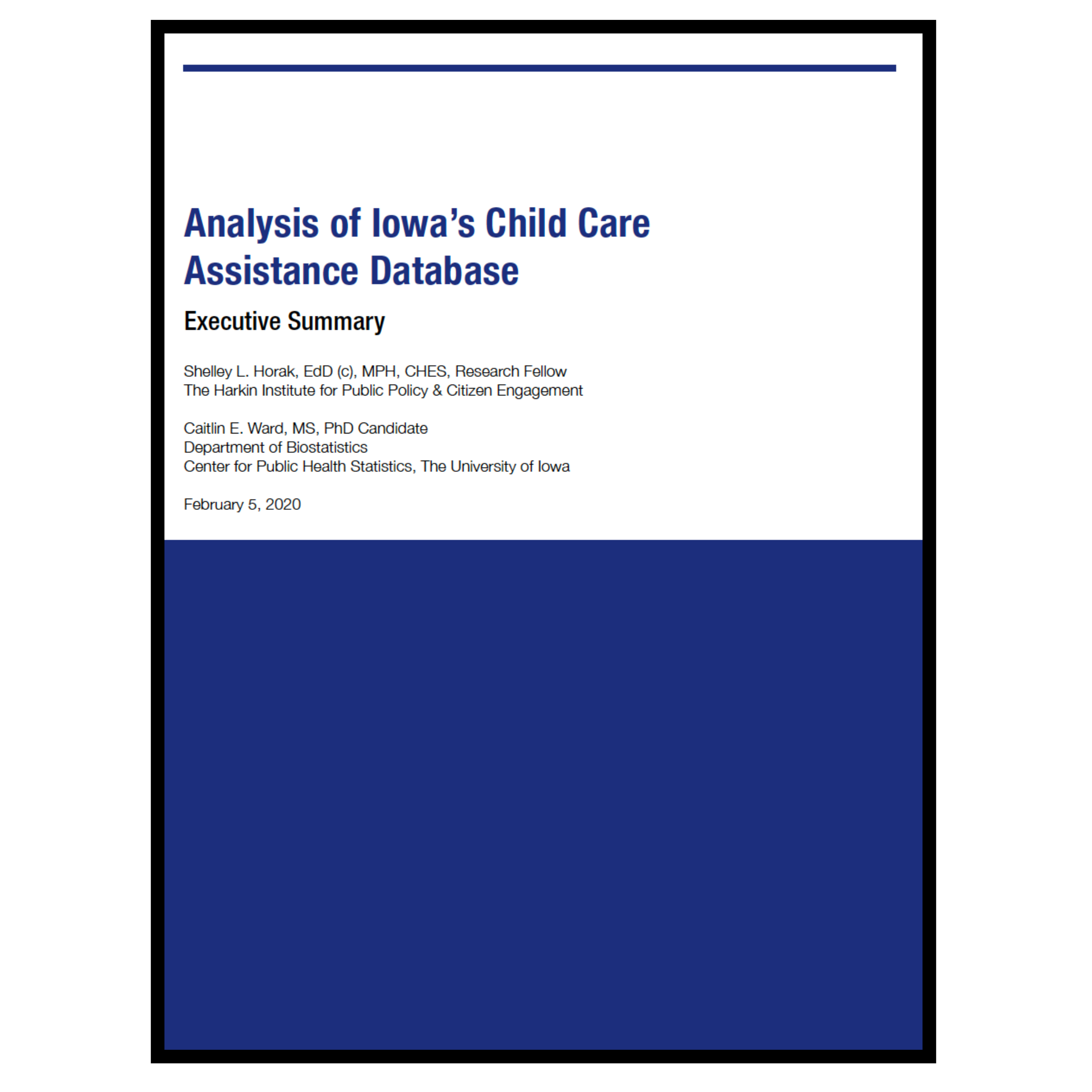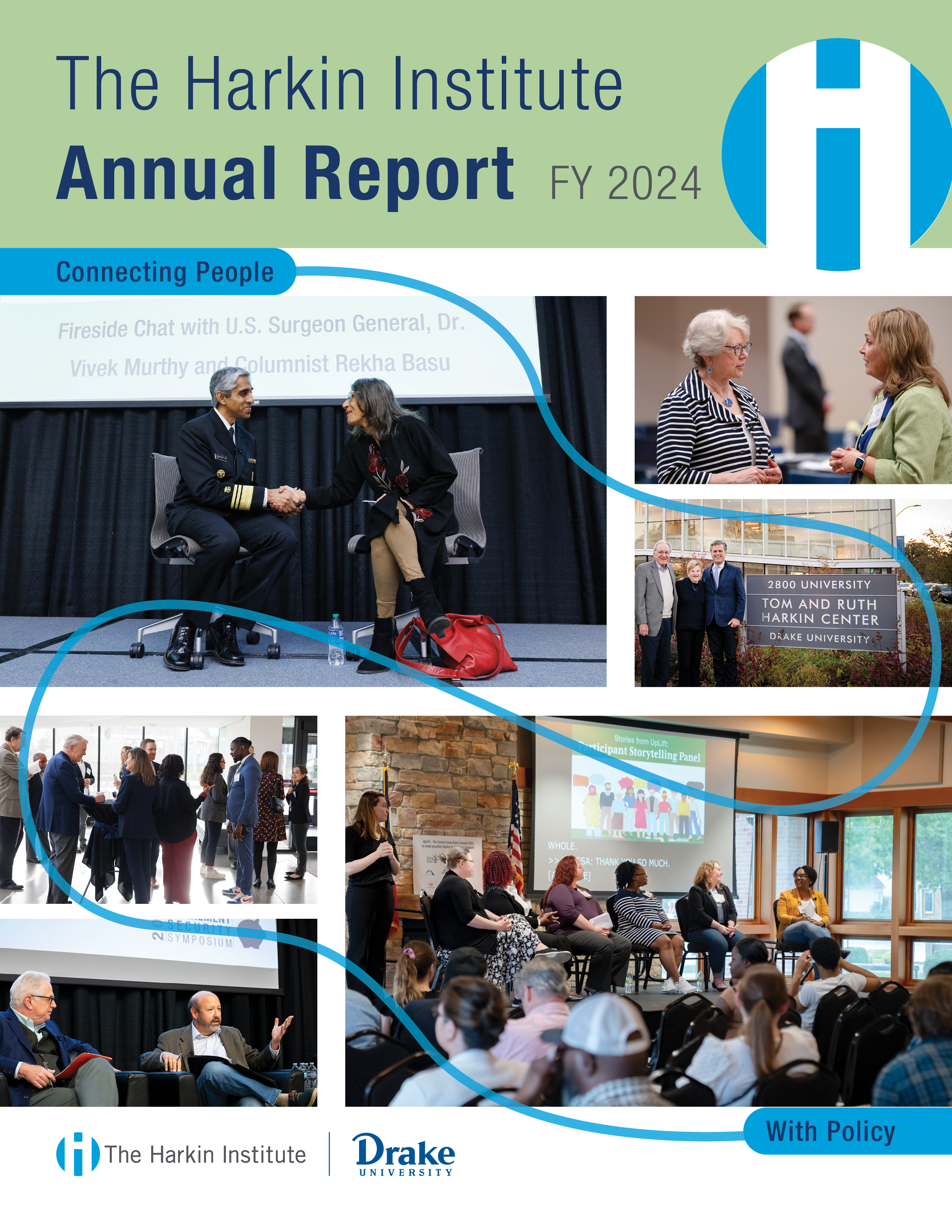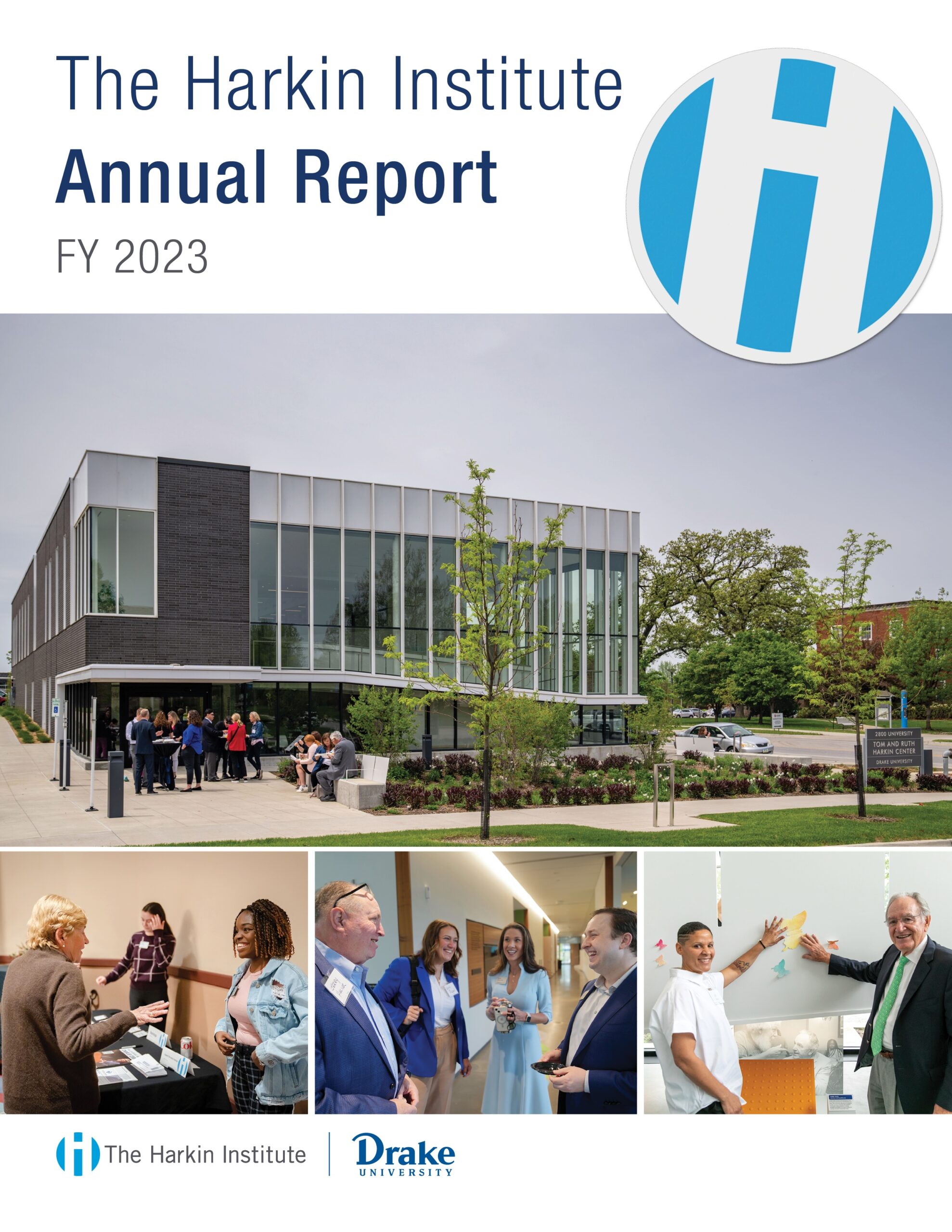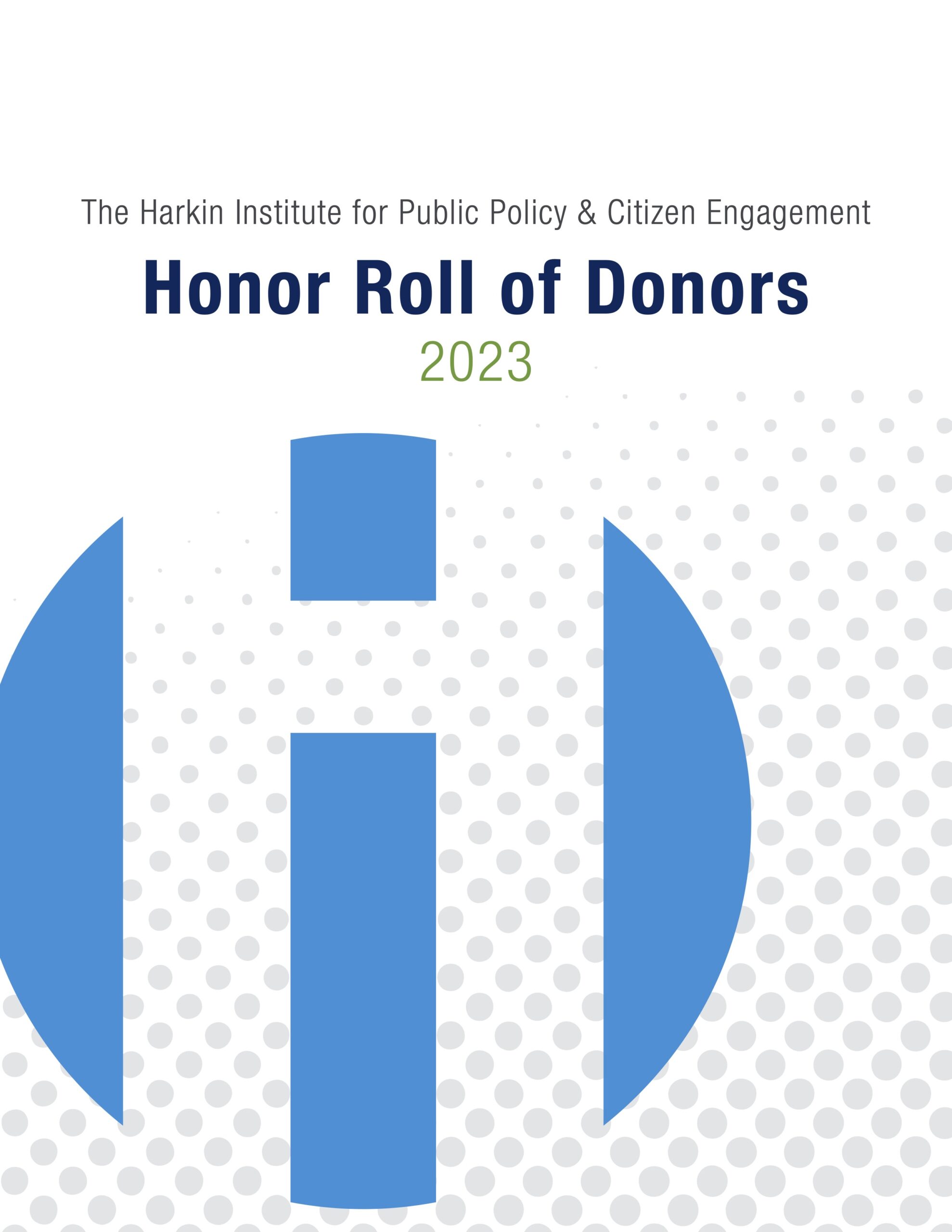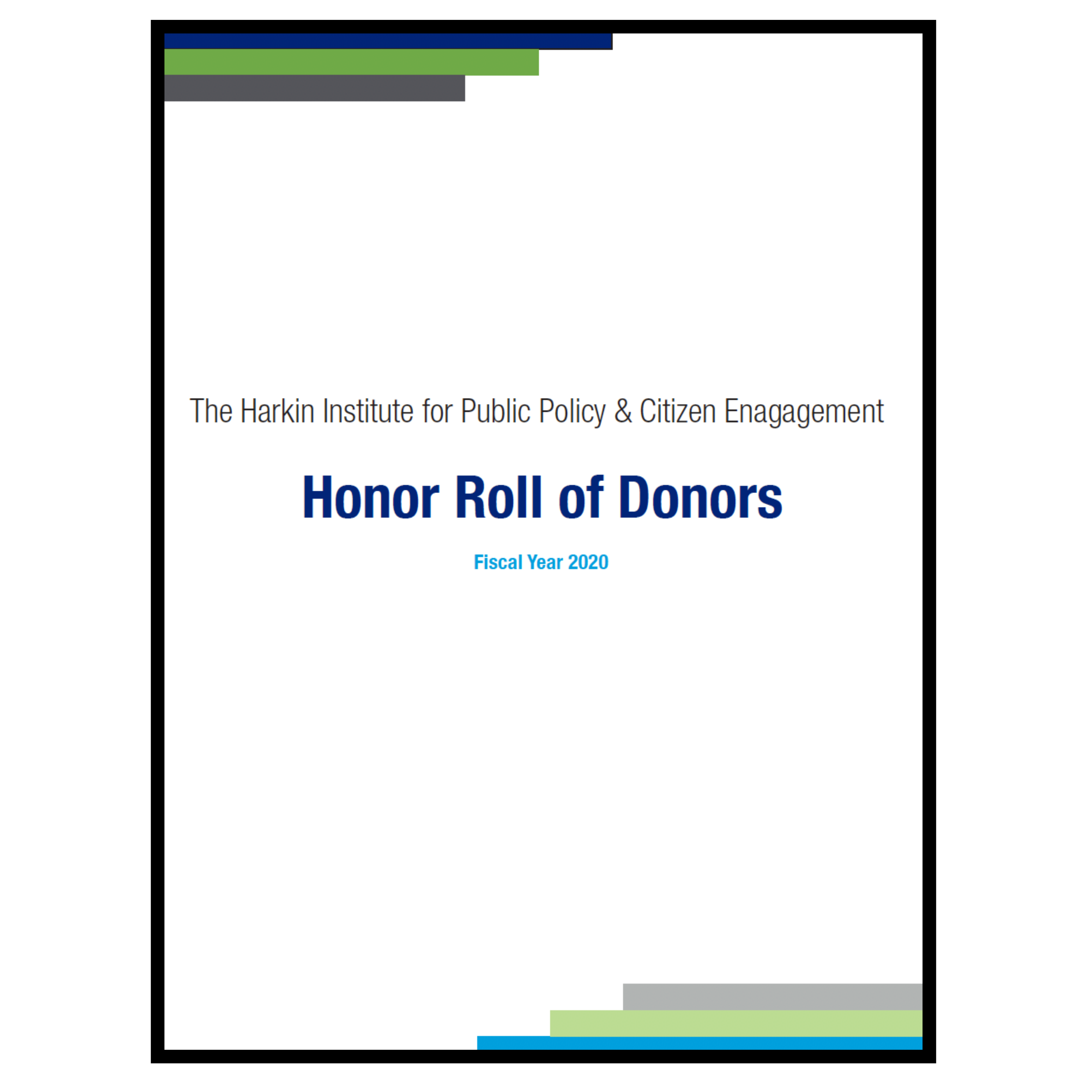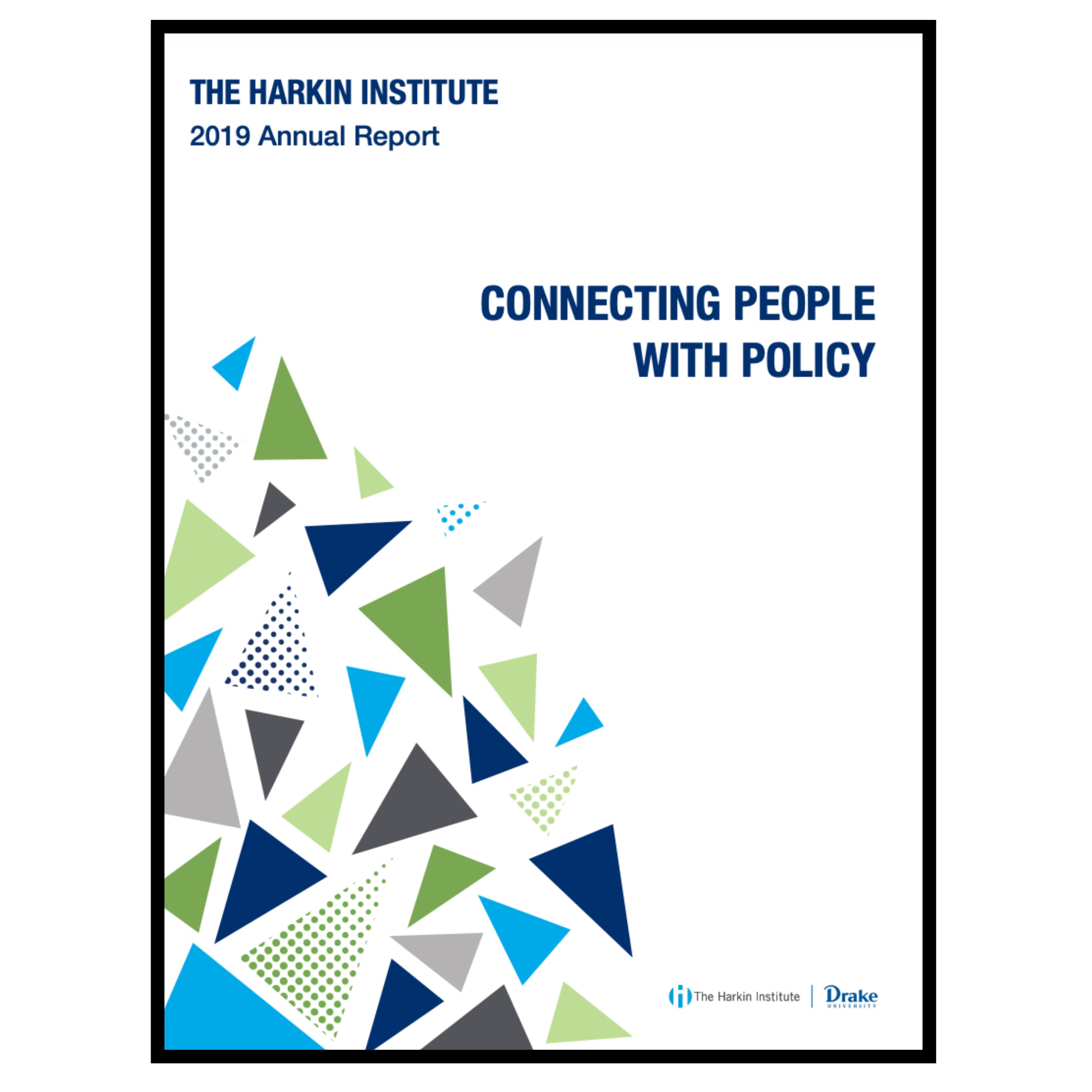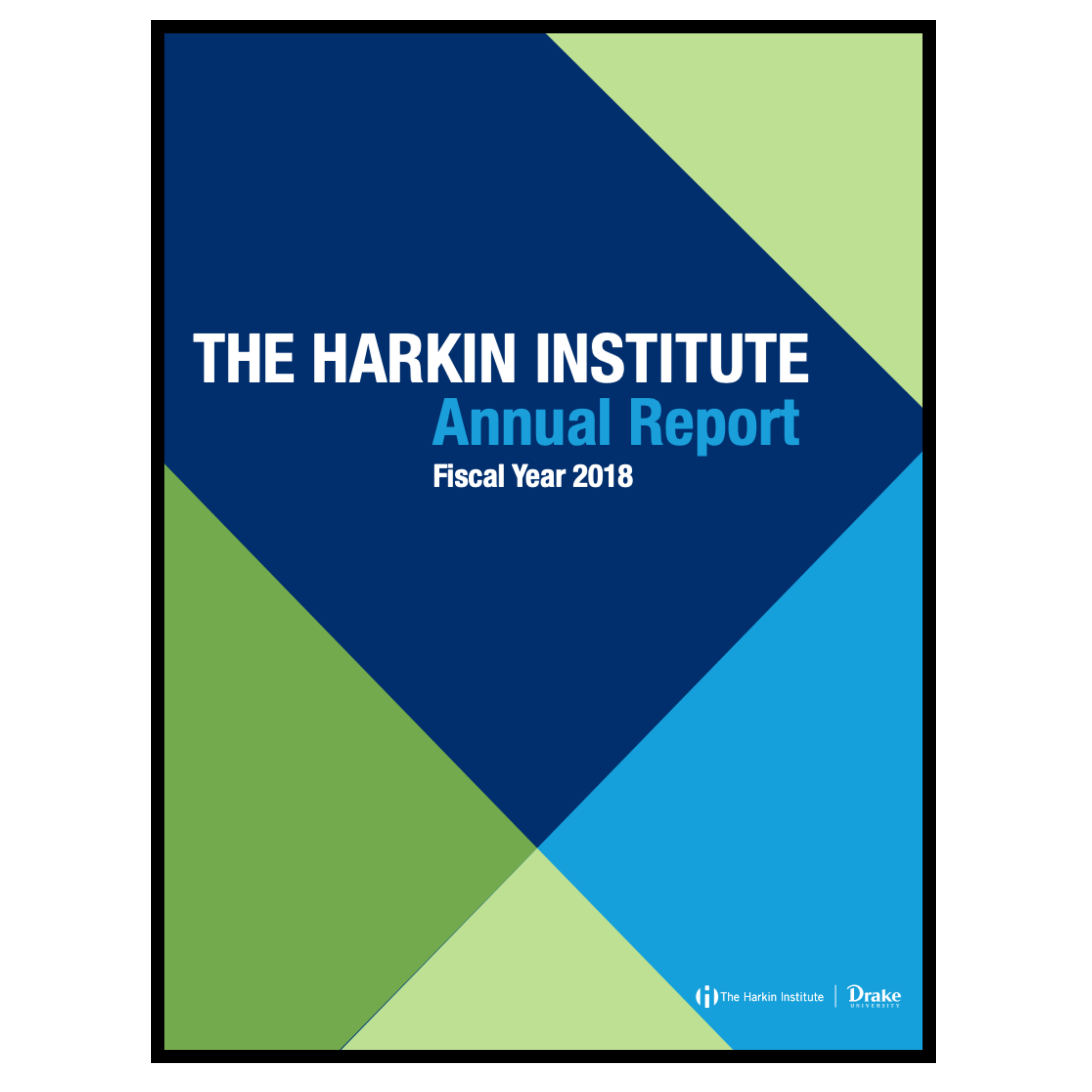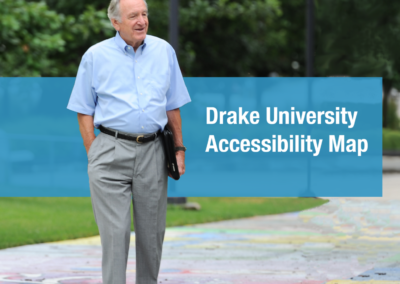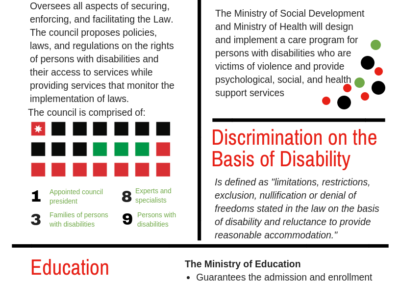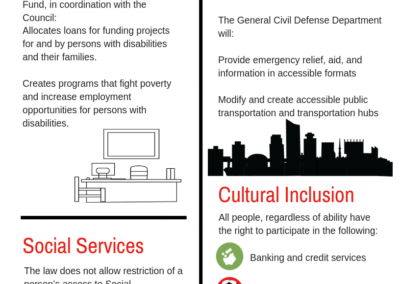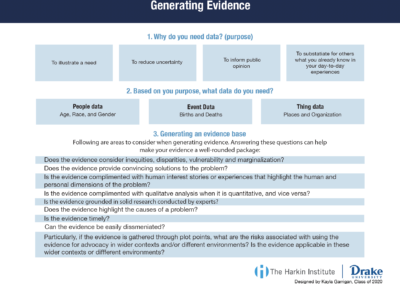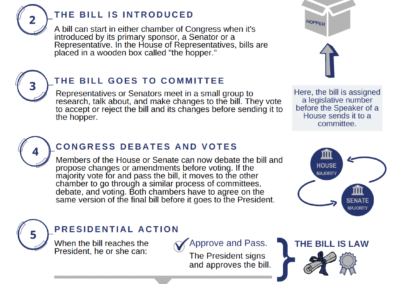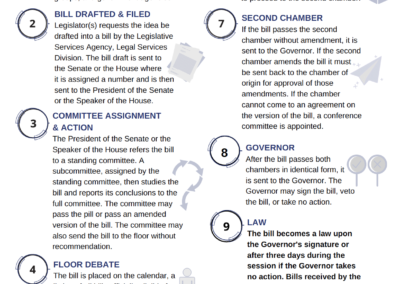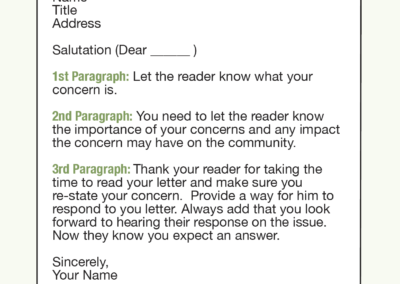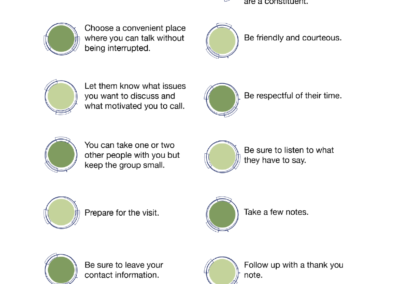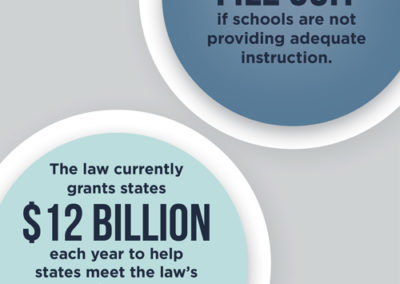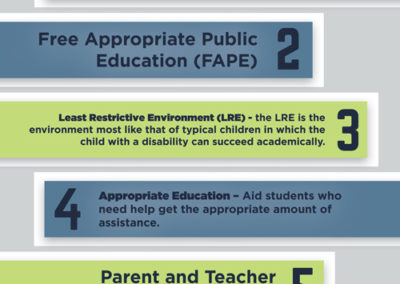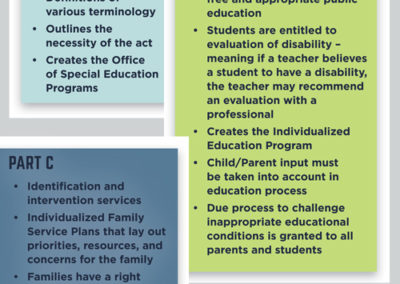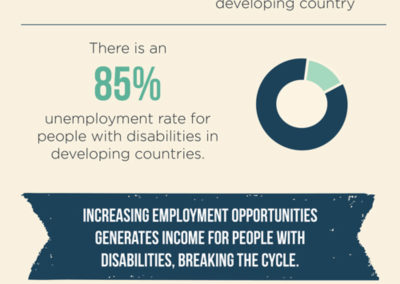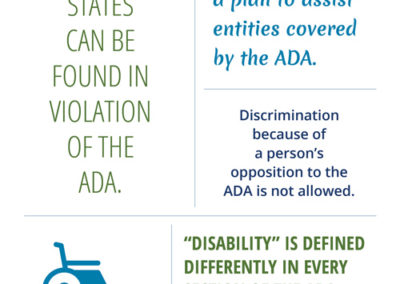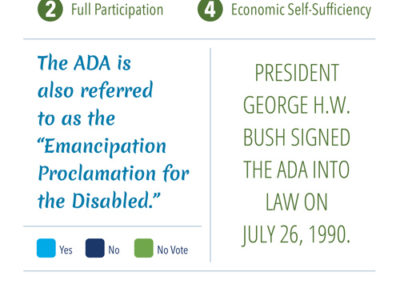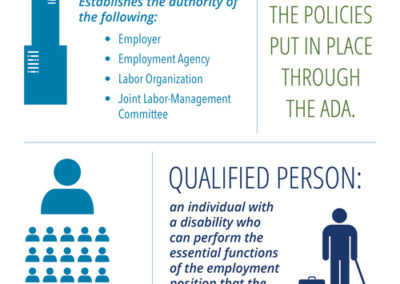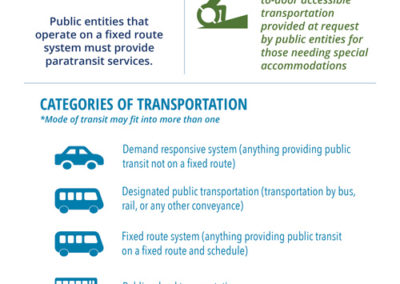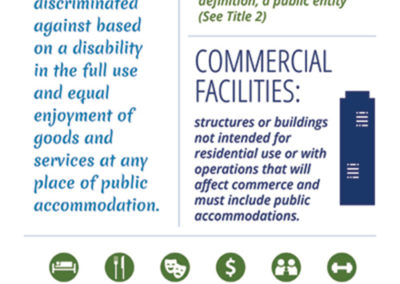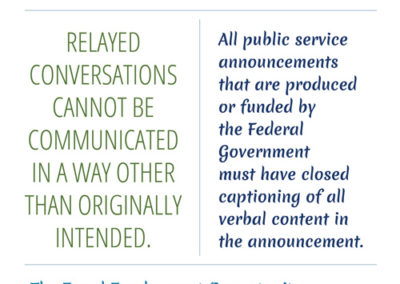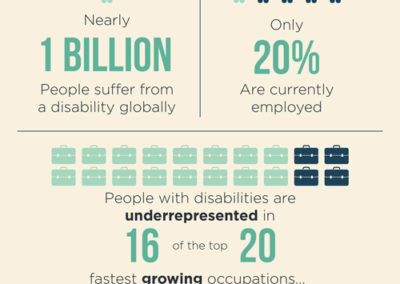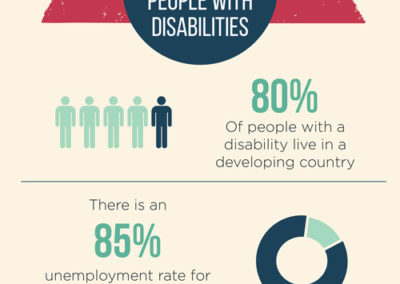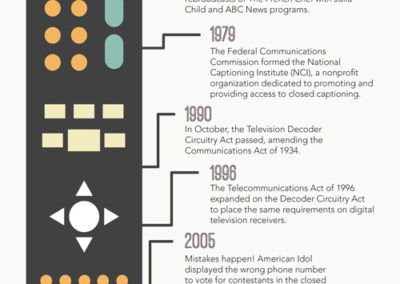Resources
Sections
Retirement Security
Long-Term Care Policy Options– A Comparative Perspective
As the United States reaches peak Baby Boomer aging, the need for better long-term care supports has increased dramatically. Unlike many European countries and Japan and Korea in Asia, the United States is one of the few countries that does not have a universal long-term care insurance program. We review the current LTC supports in the United States and offer examples from Germany, The Netherlands, Korea and Japan, as some of the alternatives that can be considered.
Closing the Retirement Savings Gap:
Early Results from the State Retirement Savings Programs
Americans rely on a mix of Social Security benefits, employer retirement plan benefits, and earnings to support themselves during retirement. However, around 30% of private sector workers do not have access to a retirement savings plan, and only slightly more than half of all workers participate in one. In the last decade, almost every state has either considered or enacted legislation to establish state-facilitated retirement savings programs in an effort to make sure more workers have access to employer retirement plans.
This new brief looks at recent studies examining the impact of these state retirement savings programs on access and accumulation, as well as their interaction with private market retirement plan coverage, and potential interactions with other policies due to asset limits.
Rewarding, Challenging, and Under Resourced:
A Qualitative Review of the Experiences from
Iowa SHIIP-SMP Volunteer Counselors Serving Medicare Beneficiaries
For this policy report, The Harkin Institute partnered with AARP and Limelight Insights by Shugoll to conduct in-depth interviews (IDIs) with volunteer counselors supporting the Iowa Senior Health Insurance Information Program (SHIIP) and Senior Medicare Patrol (SMP) office. Participants were asked to share their experiences in providing Medicare counseling and support services to Medicare beneficiaries. Participants were asked about the challenges they face with providing these services, with an emphasis on the unique challenges faced by dual-eligible, lower-income or limited English proficiency (LEP) populations. Within this policy report, our research team shares the key findings and themes from the IDIs and outlines several recommendations for expanding upon (and improving) the quality of service provided to Medicare beneficiaries through the Iowa SHIIP-SMP program. Additional research is needed to better understand the generalizability of these findings for SHIP programs on a national scale.
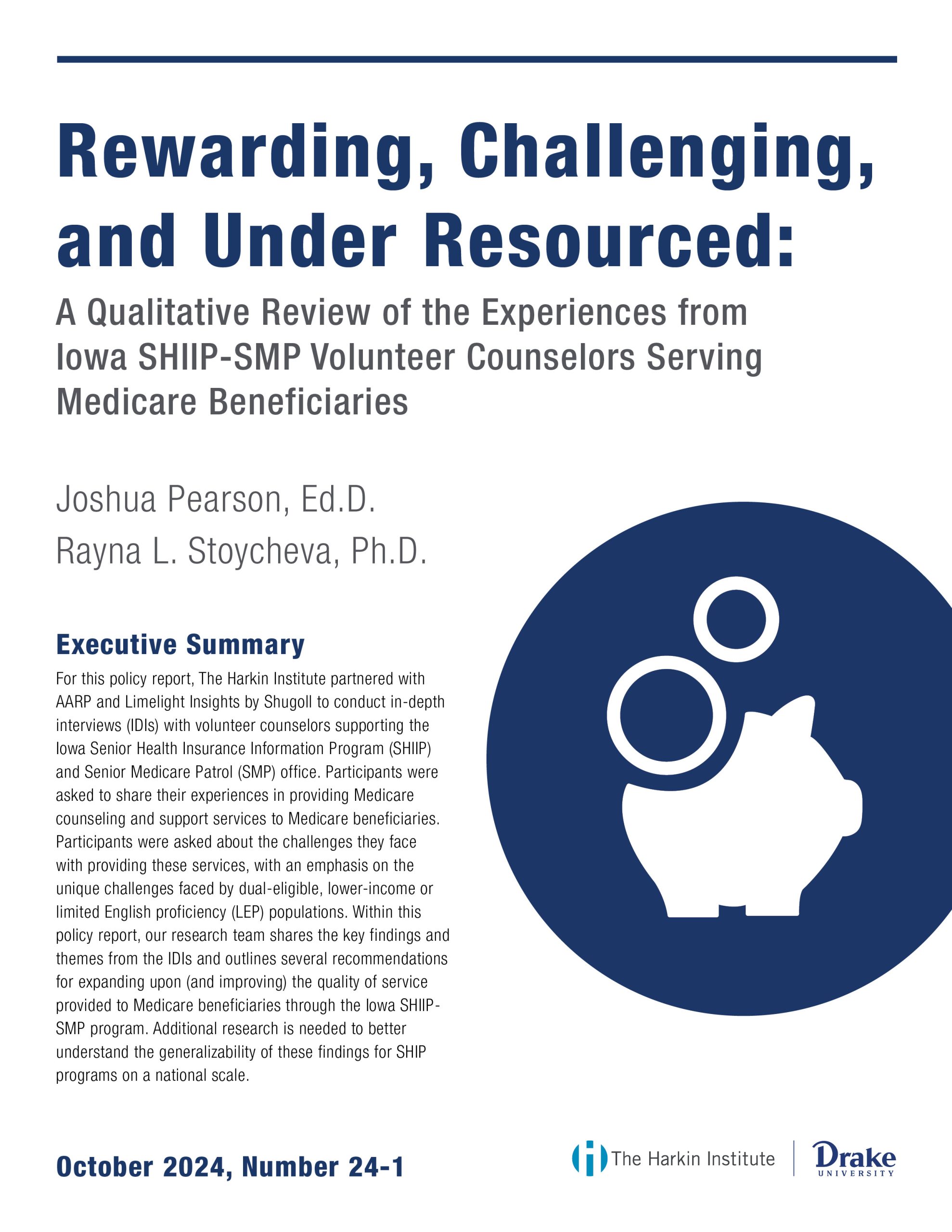
2024 Harkin Retirement Security Symposium Follow Up Report
The annual Harkin Retirement Security Symposium addresses contemporary policy issues and legislative changes surrounding access to and adequacy of retirement savings, inequality in retirement preparedness, and financial literacy and wellness.
In this publication, we have compiled highlights from the three panels, the two keynote speakers and the extra discussion presentation at the symposium.
Medicare vs. Medicare Advantage: Trends and Challenges for Older Adults in Navigating Medicare Enrollment Decisions
This policy brief explores some of the challenges Medicare beneficiaries face during both the initial enrollment period as well as the annual enrollment period. While there are resources available to help beneficiaries navigate the Medicare enrollment process, research has shown beneficiaries tend to rely on advice and support from insurance brokers, family, and friends, while unbiased resources tend to be underutilized. This has led to an environment where beneficiaries feel unequipped to compare and contrast plan options, which can lead to circumstances where many beneficiaries fail to compare plans effectively and enroll in suboptimal coverage. More research is needed to better understand the challenges beneficiaries face in accessing the information and support needed to make informed decisions, and determining how existing resources can be improved upon to meet this need.
Amending ERISA to Permit IRAs, 401k and Other Defined Contribution Plans to Offer Variable Pensions
The multi-decade transition from Defined Benefit (DB) pension plans to Defined Contribution (DC) plans (mostly 401k plans) has reduced retiree access to reliable lifetime income that eliminated retiree longevity and investment risk. The prevalent lifetime income options for retirees in a DC system include (1) a systematic drawdown of their retirement accounts or (2) the purchase of annuities whereby risk is transferred to an insurance company. While both of these strategies have some advantages, a third option may result in greater lifetime retirement income for the same amount of retirement savings. Specifically, a longevity pooling strategy can results in 26% higher benefits when compared to a systematic drawdown strategy, and 17% higher benefits when compared to an immediate annuity at age 65.
As with any other option, there are disadvantages, specifically for small employers, and individuals who have lower life expectancy. The mandating of longevity pooling is not appropriate due to these disparities. One of its main advantages is the opportunity to leverage retirement savings to increase retirement income, which may be particularly beneficial for those who may not have significant accumulations but need to mitigate longevity risk.
Financial Literacy Requirements for High-School Students: An Update on State Legislative Activity and Requirements for Graduation
Financial literacy is recognized as an essential skill in our complex world, and the last couple of decades have seen significant changes to state K-12 financial education standards. This policy brief provides an update of the current standards by state and the coursework required to meet the standards and concludes with a brief summary of studies evaluating the impact of the state requirements on financial outcomes.
Closing the Retirement Savings Gap
Half of U.S. employees do not participate in a retirement savings program in their workplace. Part-time and low-wage employees, and those employed by small businesses and in service occupations, have the lowest access and participation rates. This brief examines the role of state retirement savings programs in addressing this problem.
People with Disabilities
Partner Briefs with the Council of State Administrators of Vocational Rehabilitation (CSAVR)
The Harkin Institute worked with CSAVR to create the following four policy briefs on various topics related to Vocational Rehabilitation services.
Expanding Economic Development Opportunities by Fully Funding State Vocational Rehabilitation
Every year, tens of millions of dollars in federal vocational rehabilitation (“VR”) grant funds go unused. By improving comprehension of the VR funding formula, states can harness these funds to catalyze economic development. States can direct these funds towards empowering individuals with disabilities to secure competitive, integrated employment opportunities fostering economic growth and inclusivity.
How to Use Partnerships to Maximize Vocational Rehabilitation Services
Every year, tens of millions of dollars in federal vocational rehabilitation (“VR”) grant funds go unused. By capitalizing on partnerships, states can harness these funds to catalyze economic development. States can direct these funds towards empowering individuals with disabilities to secure competitive, integrated employment opportunities—fostering economic growth and inclusivity in the workforce.
The Importance of Federally Funding Vocational Rehabilitation Programs
The U.S. labor market is facing a major worker shortage—fully funding Vocational Rehabilitation (“VR”) programs can, and should, be a priority to increase the number of qualified employees in competitive, integrated employment.
Pre-Employment Transition Services: An Opportunity to Engage America’s Youth
Many students with disabilities still face an employment narrative contrary to their peers without disabilities—and obtain post-school employment and post-secondary education at significantly lower rates. Progress in engaging students and youth with disabilities through Pre-Employment Transition Services (“Pre-ETS”) presents a unique and exciting opportunity for Vocational Rehabilitation (VR) agencies to flip this narrative, remove the stigma attached to students with disabilities, and assist a younger generation in achieving competitive, integrated employment (“CIE”).
Harkin Summit on Scaling Disability-Driven Innovation 2023 Key Takeaways and Outcomes
On May 9 – 10, 2023 The Harkin Institute on Public Policy & Citizen Engagement (THI) hosted the Harkin Summit on Scaling Disability-Driven Innovation – a two-day summit at the Tom and Ruth Harkin Center, located at the Drake University campus in Des Moines, Iowa. The Harkin Summit on Scaling Disability-Driven Innovation brought together leaders in the disability movement, entrepreneurs and small business owners, the investor community, and experts from the public, private, and advocacy sectors.
Competitive, Integrated Employment: A Driver of Long-Term Value Creation
A research paper released in conjunction with The 2022 Harkin International Disability Employment Summit shows that companies that make a commitment to competitive, integrated employment for persons with disabilities enjoy a competitive advantage and are positioned to capitalize on a $13 trillion global disability market.
The paper was written by Harkin Institute Senior Fellow Robert Ludke and is the latest publication in his ongoing work to explore the connection between disability inclusion and long-term value creation for shareholders, stakeholders, and society.
This research paper was a collaboration with Voya Cares, Voya Financial’s program that serves people with disabilities and their caregivers.
Iowa Summit on Disability Employment Business Toolkit
As society’s attitudes on disability have changed over time, efforts to be more inclusive of people with disabilities have grown significantly. Since its creation, The Harkin Institute for Public Policy & Citizen Engagement has worked extensively to collaborate with global leaders in business, government and advocacy to foster inclusive and integrated work environments for people with disabilities. The Iowa Summit on Disability Employment is meant to serve as a catalyst for Iowa’s leaders to rethink the workforce and consider the largely untapped labor pool of people with disabilities that are excited to work and gain a sense of independence.
Solving “Then What”?
Empowering Investors to Achieve Competitive Integrated Employment for Persons with Disabilities This white paper explores the role the investor community can play in improving employment outcomes for individuals with disabilities. Investors have both the power and the influence to work with the companies they invest in to fully integrate people with disabilities into all levels of their operations – from entry level to executive management. This paper, authored by The Harkin Institute Research Fellow Robert Ludke, provides a blueprint for achieving this.
Innovative Employment Practices at Work
Harkin International Disability Employment Summit 2019
The proceedings from the 2019 Harkin International Disability Employment Summit provides detailed information and takeaways from the the fourth Harkin Summit, which took place April 8-9, 2019 in Paris.
Wellness and Nutrition
2023 Harkin on Wellness Report
This report will highlight organizations from across the United States that are helping to reimaging the food system at the state and local level. It is the goal of the Harkin on Wellness Report, to highlight the top wellness and nutrition initiatives in the country that are examples of organizations able to make a large impact through effective policy, system, and environmental change. We encourage others to use this as a tool to build partnerships and create sustainable, crosssector coalitions within their own community and beyond.
SNAP Healthy Food Pricing Incentive Programs: State Comparison & Evaluation
This report discusses results from surveys and oral interviews conducted by The Harkin Institute for the purpose of providing state policy recommendations to support Supplemental Nutrition Assistance Program (SNAP) healthy food pricing incentive programs. The survey results and oral interviews will be used to compare the answers between two sub-groups, those who had received funding from their state government and those who did not, and their beliefs on whether healthy food pricing incentive programs have an impact on the economy, increase food security among SNAP participants, impact the health of SNAP participants, and are feasible, scalable, and acceptable among SNAP participants, vendors, and stakeholders.
2022 Harkin on Wellness Report
The Harkin Institute published the 2022 Harkin on Wellness Report in conjunction with the HOW Symposium held on March 29, 2022. This report will highlight nine organizations from across the United States that are leading the way in nutrition security. It is the goal of the Harkin on Wellness Report, to highlight the top wellness and nutrition initiatives in the country that are examples of organizations able to make a large impact through effective policy, system, and environmental change. We encourage others to use this as a tool to build partnerships and create sustainable, crosssector coalitions within their own community and beyond.
Piloting a New Way Forward: Using Farm Bill Pilots to Guide Future Ag Policy
An important but often overlooked component of the Farm Bill is the use of pilot programs and projects: small-scale testing programs operated over a short period of time to determine the viability of long-term nationwide programs. Pilot programs are a financially effective ways for policymakers to attempt new programs on small scale before committing taxpayer dollars. This report seeks to inform policymakers and experts on the outcome of pilot programs included in Farm Bills from 1981 to 2018.
Strategies to Improve Healthy Eating in SNAP
The Harkin Institute and the Center for Science in the Public Interest held in-person stakeholder convenings, individual interviews with SNAP recipients, interviews with food retails, and state-wide polling and used the data gathered to create the following report, which offers recommendations to inform the potential impact, feasibility, barriers, and supports for future pilot projects to test strategies to better support healthy eating among SNAP recipients.
2021 Harkin on Wellness Report
The 2018 Harkin on Wellness (HOW) Report provides detailed information about 11 successful community wellness and nutrition initiatives from around the United States. The report is designed to share best practices for how communities and organizations can invest in health.
2021 Harkin on Wellness Symposium
The 2021 Harkin on Wellness Symposium explored how food is medicine to our bodies, society, economy and environment. “Food is Medicine” solutions promote better wellbeing, lower health care costs, resilient and sustainable practices, reduced disparities among population groups, improved economic competitiveness and greater national security.
2019 Harkin on Wellness Report
The 2019 Harkin on Wellness (HOW) Report provides detailed information about 10 successful community wellness and nutrition initiatives from around the United States. The report is designed to share best practices for how communities and organizations can invest in health. The 2019 designees were recognized for their work strategically connecting food systems with health and wellness.
2018 Harkin on Wellness Report
The 2018 Harkin on Wellness (HOW) Report provides detailed information about 11 successful community wellness and nutrition initiatives from around the United States. The report is designed to share best practices for how communities and organizations can invest in health.
Labor and Employment
Strengthening Achievement under the Child Care and Development Block Grant Act: A State Perspective
This paper provides a review of opportunities for data collection and analysis that have the potential to underscore best practices in measurement of goal achievement for CCDBG programs. Conceptual Model for Evidence-Informed Policy Formulation and Implementation is discussed as a framework to guide data driven decision making.
Analysis of Iowa’s Child Care Assistance Database
This paper describes the process by which data from Iowa’s Child Care Assistance Database was analyzed. The outcomes of the analysis and recommendations are provided along with descriptions highlighting the relevance of the measurement to policy and practice.
Harkin Institute Materials
Fiscal Year 2024 Annual Report
The Harkin Institute’s Fiscal Year 2024 Annual Report provides highlights and information about the Institute from July 1, 2023-June 30, 2024, as well as an honor roll of donors for Fiscal Year 2024.
Fiscal Year 2023 Annual Report
The Harkin Institute’s Fiscal Year 2023 Annual Report provides highlights and information about the Institute from July 1, 2022-June 30, 2023, as well as an honor roll of donors for Fiscal Year 2023.
2023 Honor Roll of Donors
The Harkin Institute’s honor roll of donors for Fiscal Year 2023, which runs from July 1, 2022 – June 30, 2023.
2020 Honor Roll of Donors
The Harkin Institute’s honor roll of donors for Fiscal Year 2020, which runs from July 1, 2019 – June 30, 2020.
2019 Annual Report
The Harkin Institute’s Fiscal Year 2019 Annual Report provides highlights and information about the Institute from July 1, 2018-June 30, 2019, as well as an honor roll of donors for Fiscal Year 2019.
2018 Annual Report
The Harkin Institute’s Fiscal Year 2018 Annual Report provides highlights and information about the Institute from July 1, 2017-June 30, 2018, as well as an honor roll of donors for FY2018.
2017 Annual Report
The Harkin Institute’s Fiscal Year 2017 Annual Report provides highlights and information about the Institute from July 1, 2016-June 30, 2017, as well as an honor roll of donors for Fiscal Year 2017.
Infographics
Jordanian Disability Law Infographic
In 2017, the Jordan government passed a disability law modeled after the United States’ Americans with Disabilities Act. To commemorate this important step in the protection of rights of Jordanians with disabilities, student employees at The Harkin Institute created an infographic in English and Arabic that provides and outline of this landmark legislation.
Advocacy Infographics
These infographics are practical tools to help organizations and their supporters advocate for their issues.
I.D.E.A
Individuals with Disabilities Education Act The Individuals with Disabilities Education Act of 1975 improved accessibility to education for students with disabilities. This act granted students the right to free and appropriate education in the least restrictive environment. Since its passage, the performance of students with disabilities has improved greatly in almost every aspect of education.
I.D.E.A Infographic Gallery
Harkin Institute Bullet points_Individuals Disabilities Education Act
This infographic provides bullet points with key information about the IDEA.
Harkin Institute 6 Pillars Individuals Disabilities Education Act
This infographic explains some key pillars of the IDEA.
Harkin Institute 4Parts Individuals Disabilities Education Act
This infographic explains the four parts of the IDEA.
Television Decoder Circuitry Act
The Television Decoder Circuitry Act of 1990 made television more accessible to individuals who are deaf and hard of hearing. This infographic series shows the progress television and the TDCA has undergone over the years.
Circuitry Act Infographic Gallery
Harkin Institute Circuitry Act Facts
This infographic provides fast facts about the Television Decoder Circuitry Act
ADA
Americans with Disabilities Act Often referred to as “The Emancipation of the Disabled,” the Americans with Disabilities Act (ADA) is one of Senator Tom Harkin’s most well-known pieces of legislation. This series of infographics provides general facts about the ADA and explains in detail the bill’s five major titles.
ADA Infographic Gallery
Harkin Institute Americans Disabilities Act Facts
This infographic provides background information on the ADA and how it came to be.
Harkin Institute Americans Disabilities Act Title1
This infographic provides details about ADA Title 1: Employment
Harkin Institute Americans Disabilities Act Title2
This infographic provides details about ADA Title 2: Public Services
Harkin Institute Americans Disabilities Act Title3
This infographic provides details about ADA Title 3: Public Accommodations and Services Operated by Private Entities
Employment for People With Disabilities
Senator Tom Harkin has made expanding the rights of people with disabilities his life’s work. This infographic series provides a quick glance into the employment of people with disabilities globally.
Employment Infographic Gallery
Harkin Institute Disability Employment Global Facts
This infographic provides fact information on global disability employment.
Harkin Institute Disability Employment Developing Countries
This infographic provides facts on employment of people with disabilities in developing countries.
Address: 2800 University Avenue, Des Moines, IA 50311
Phone: (515) 271-3623
Email: harkininstitute@drake.edu
Office Hours: Monday to Friday 9:00 a.m. to 4:00 p.m.

